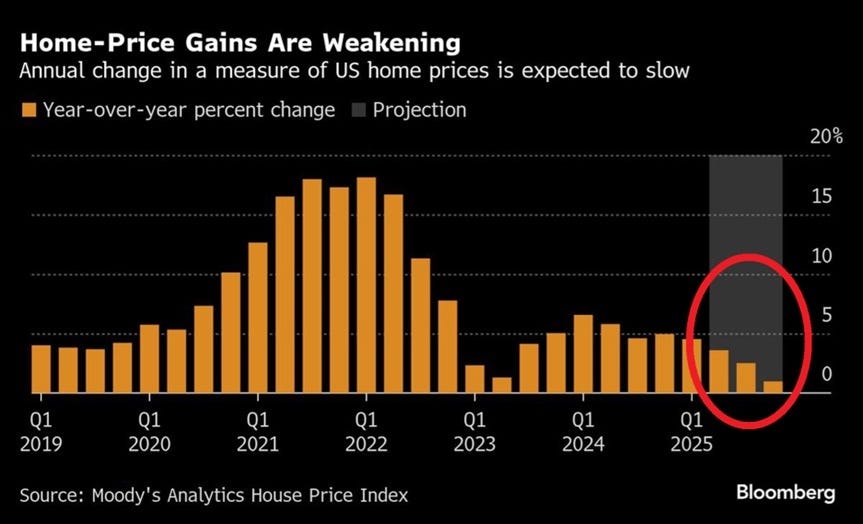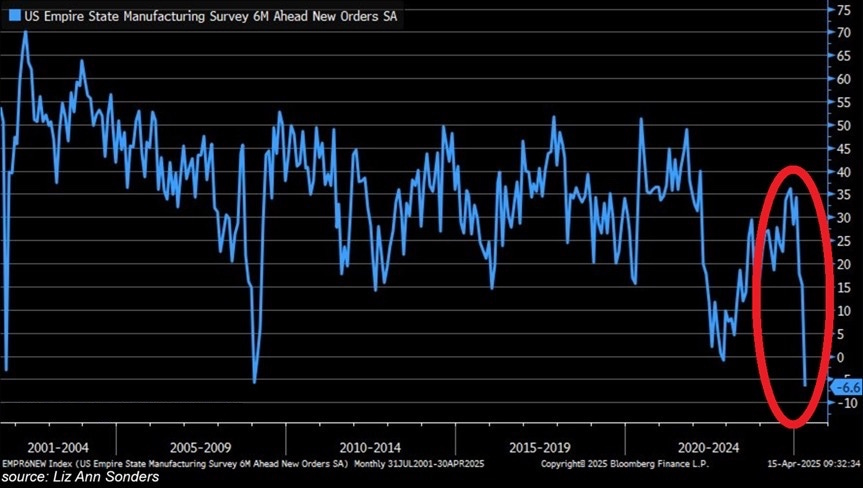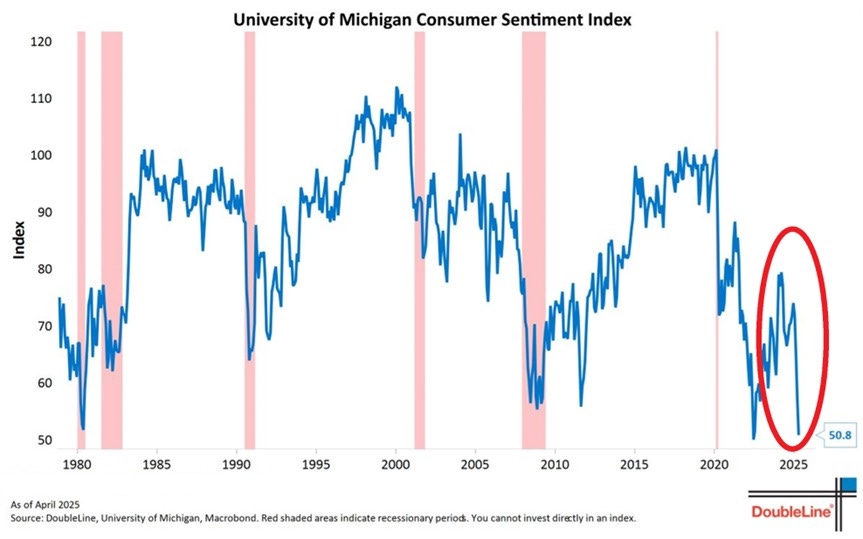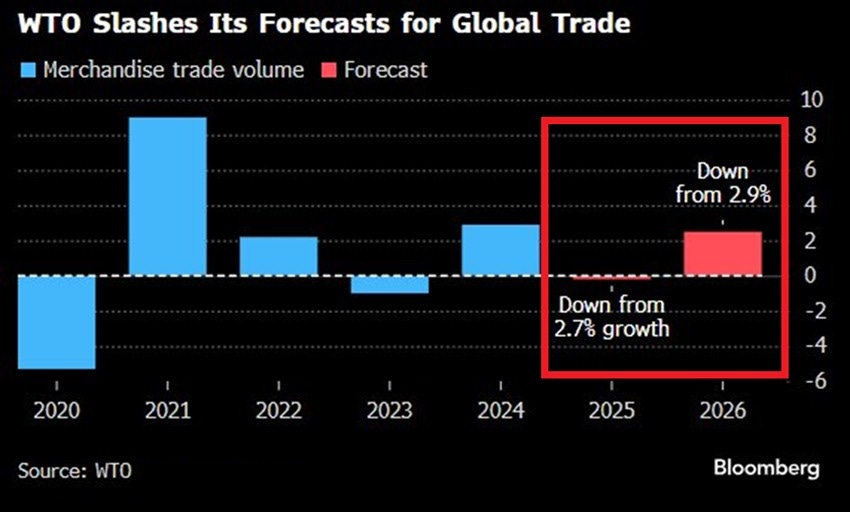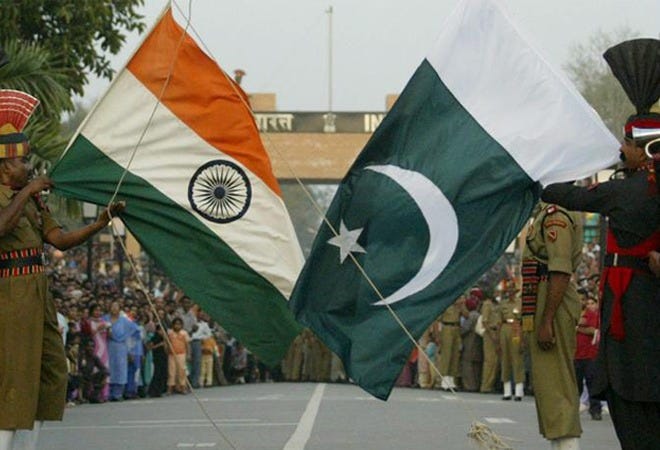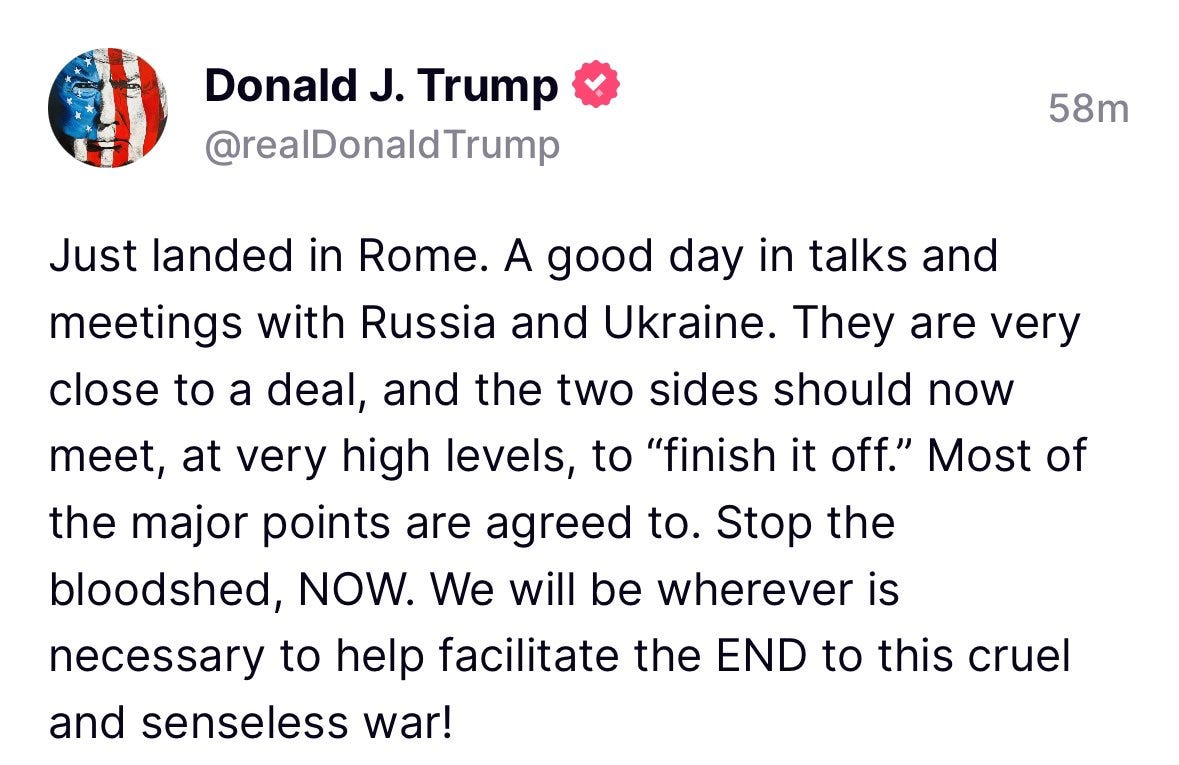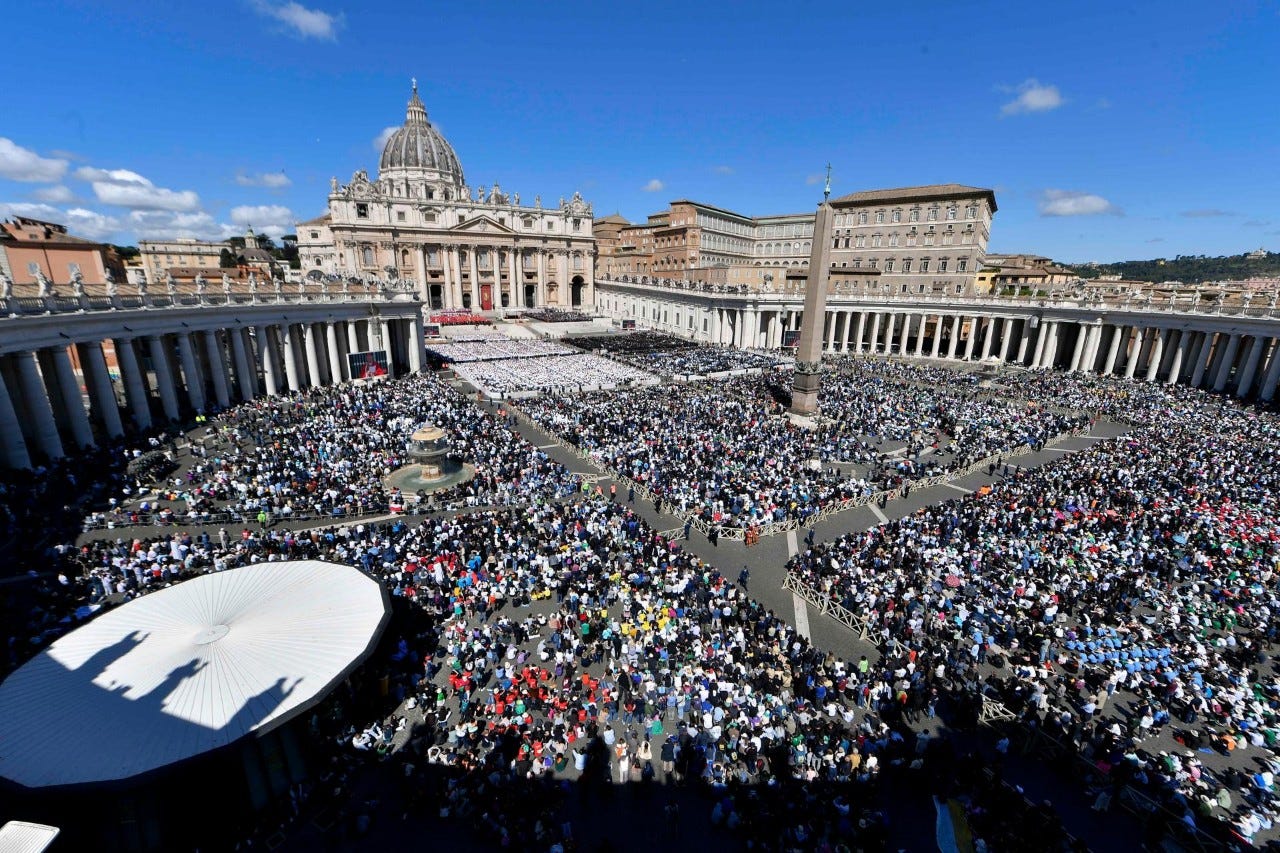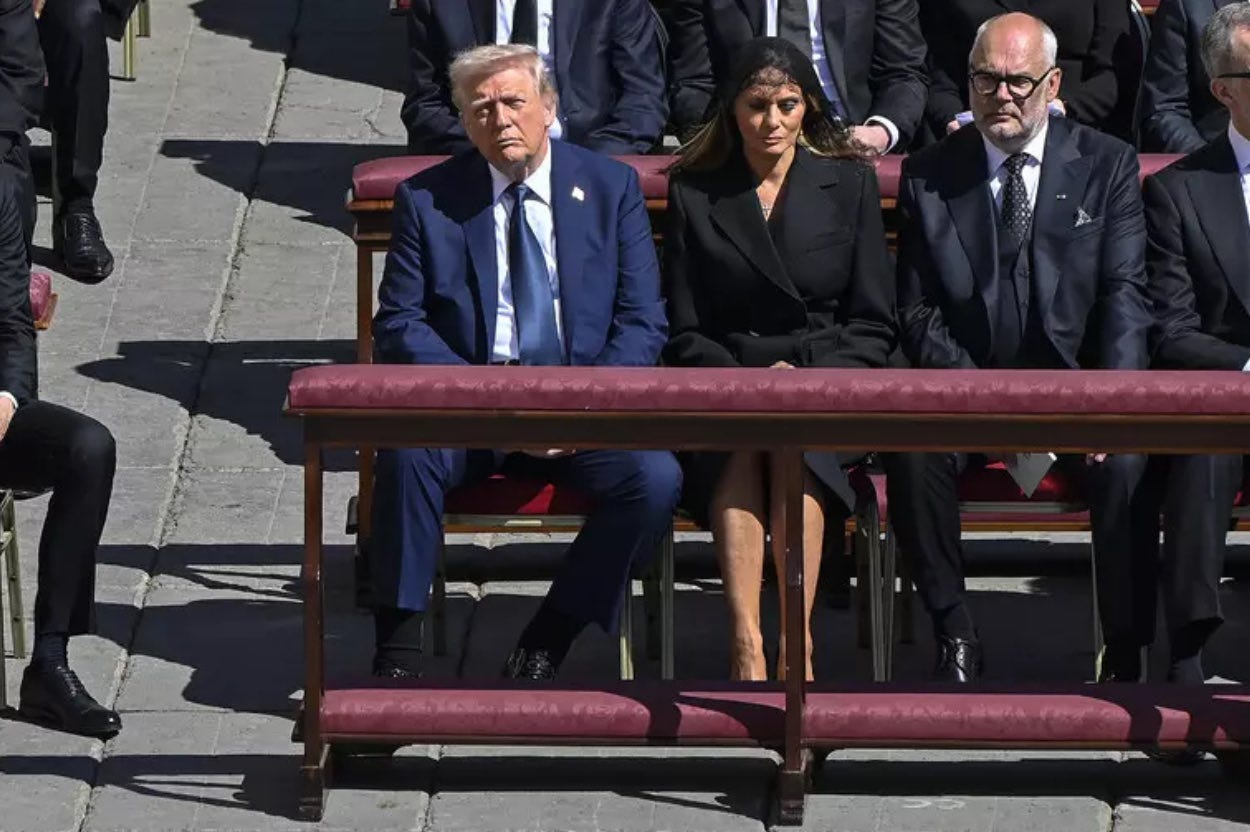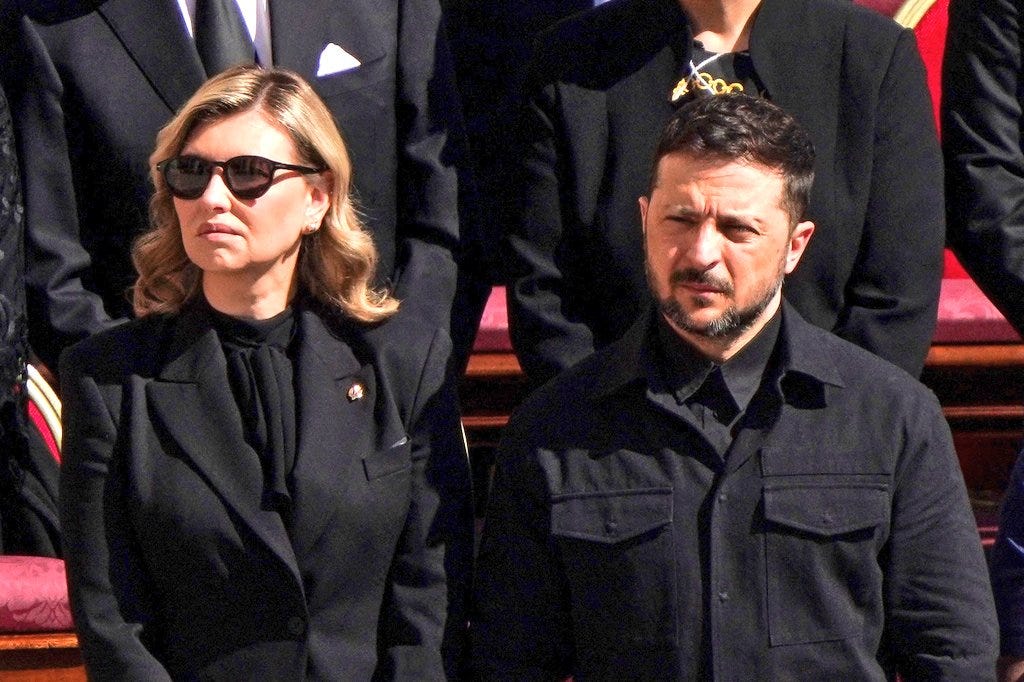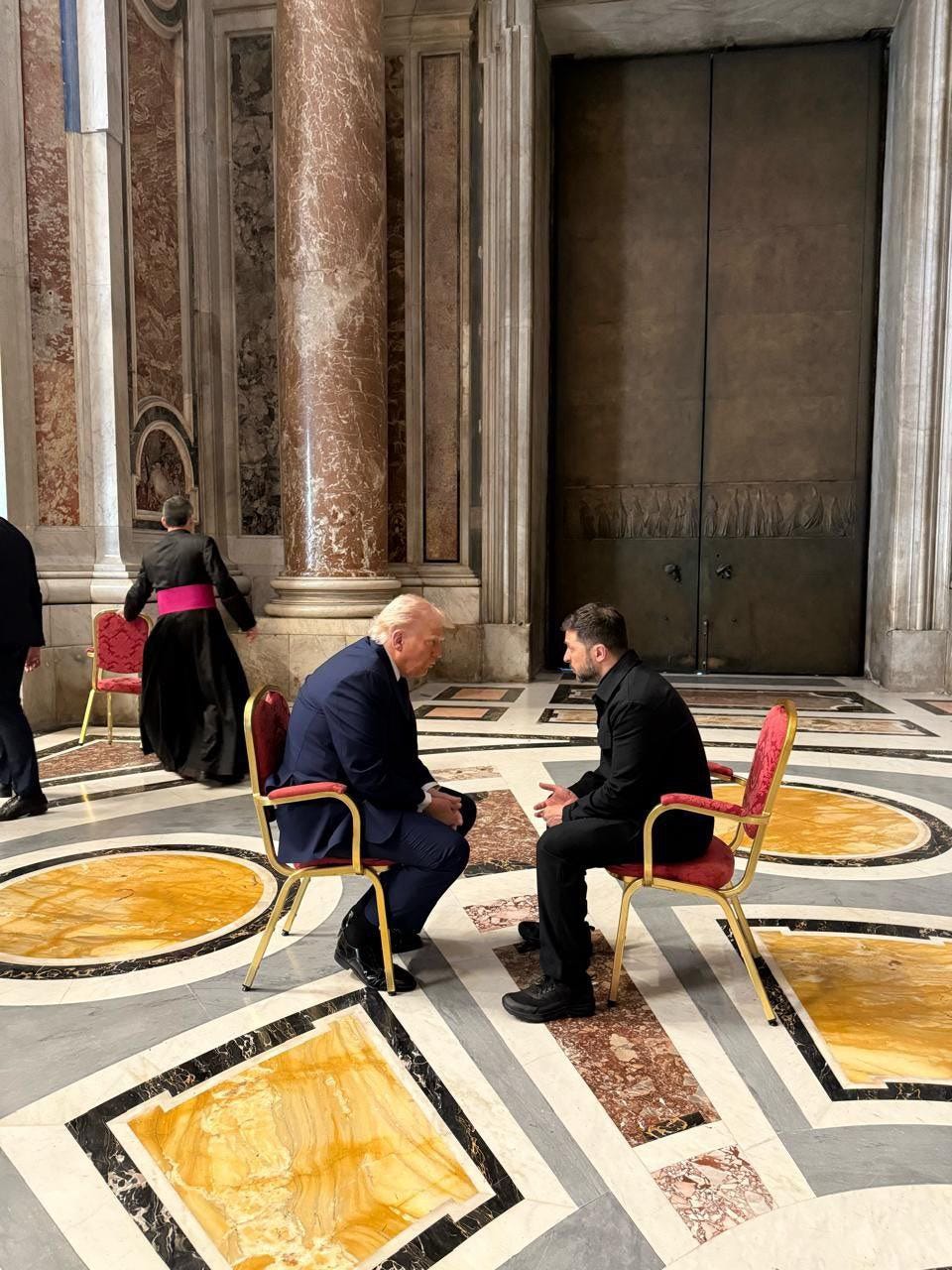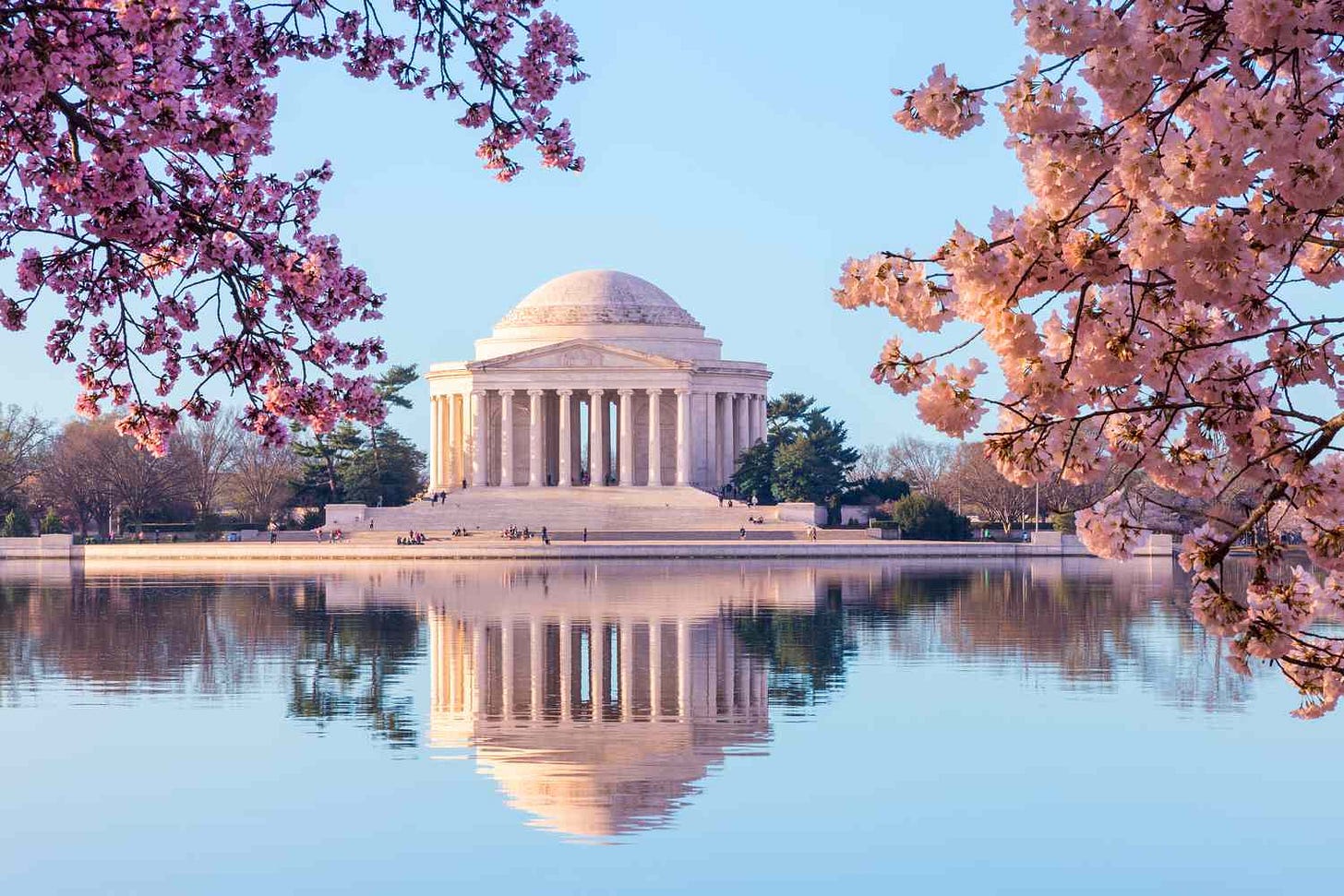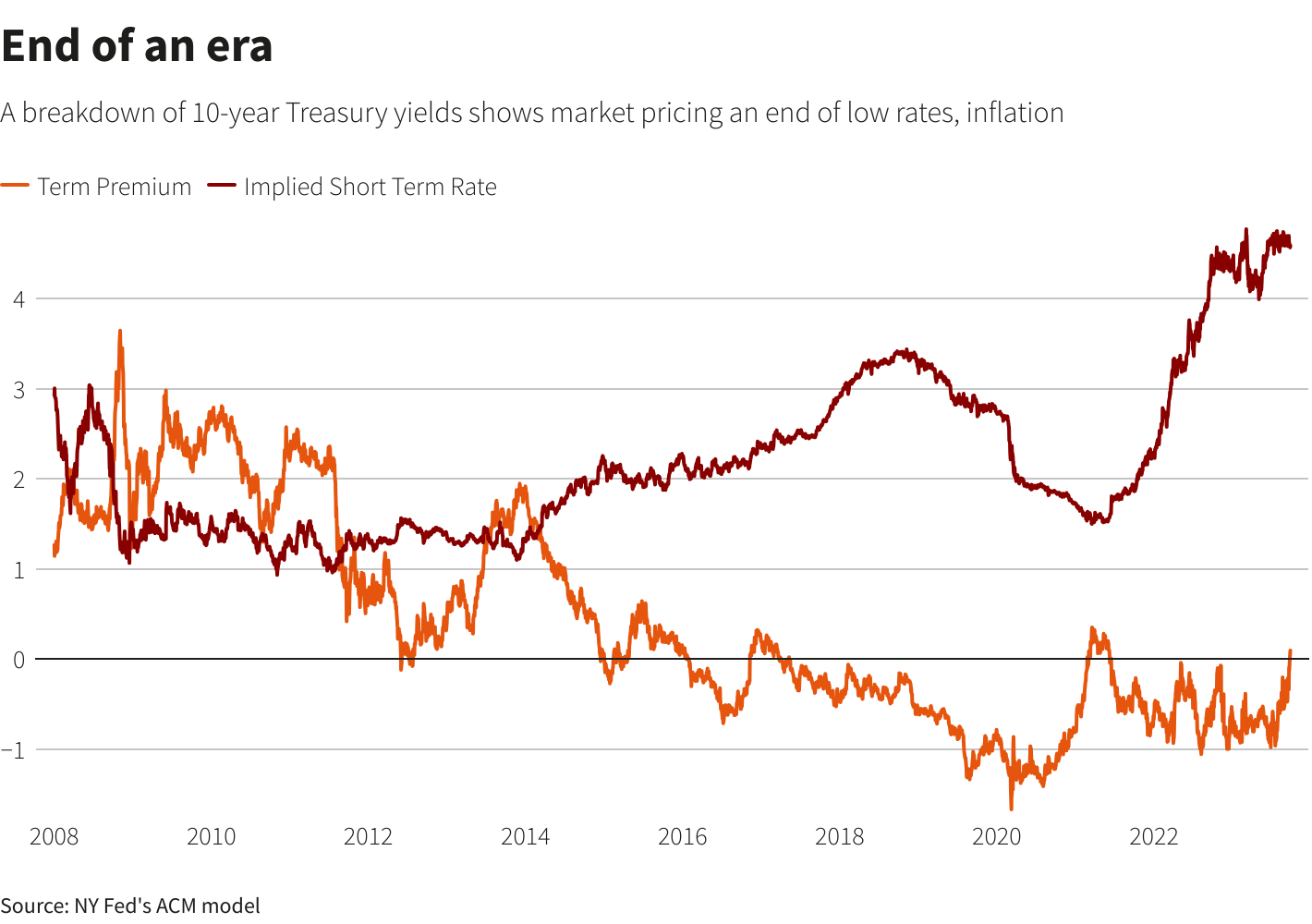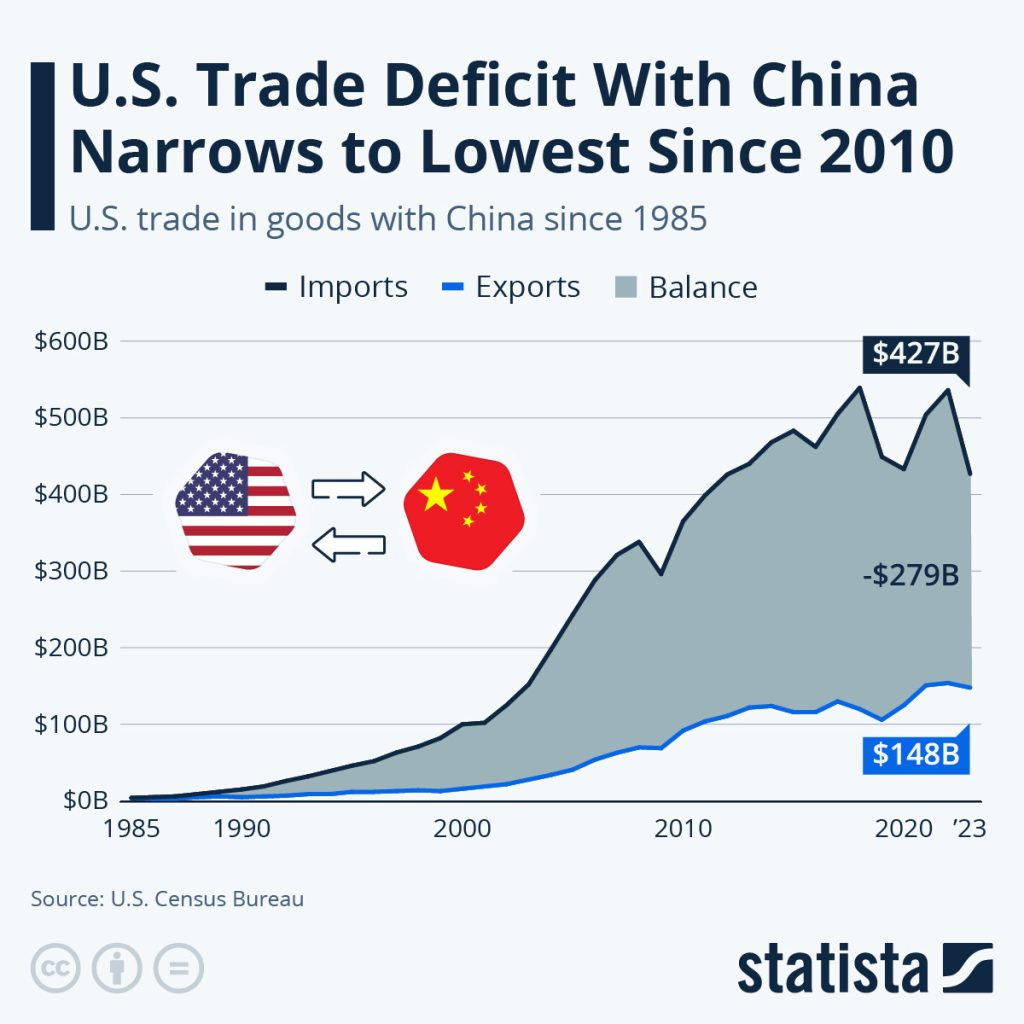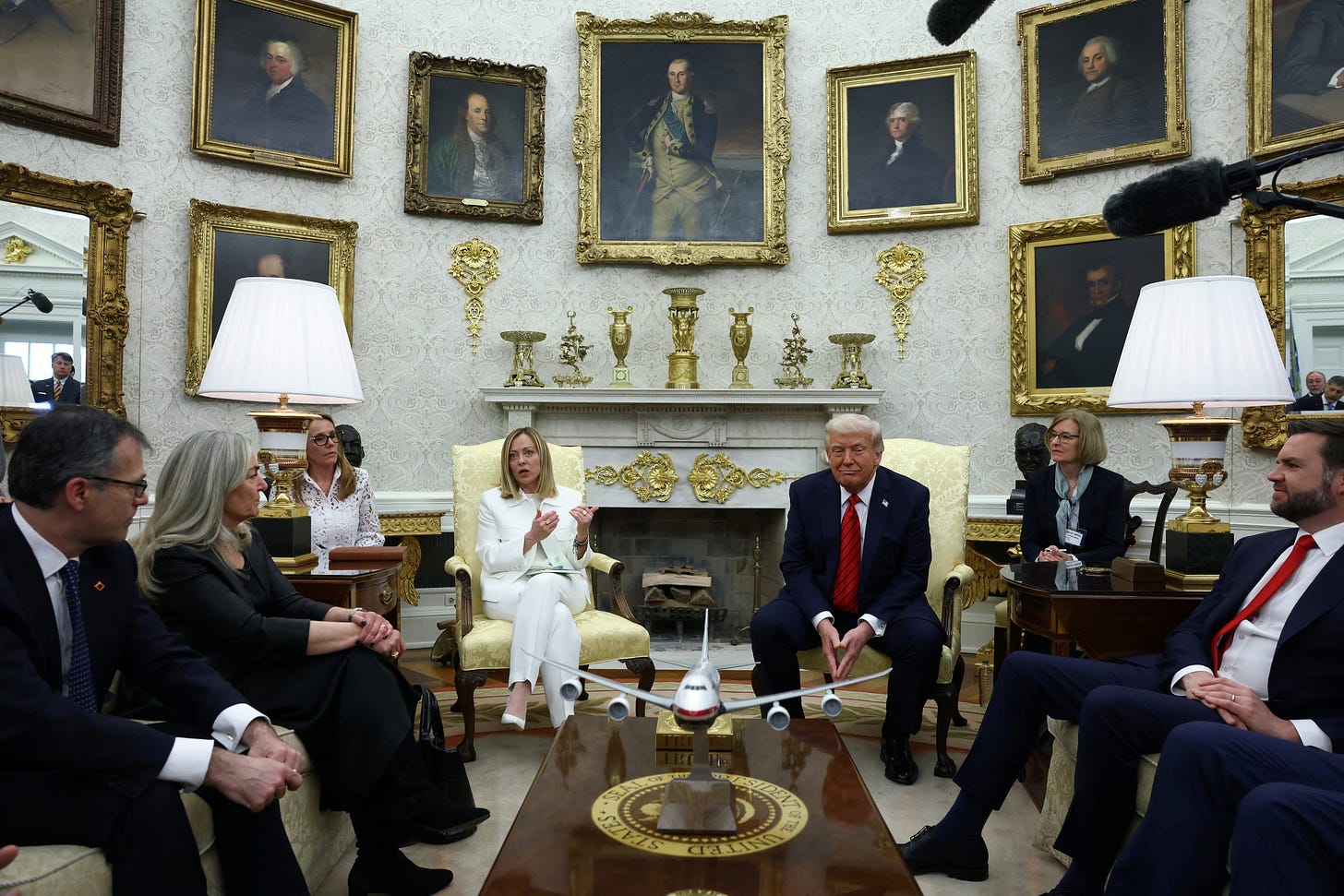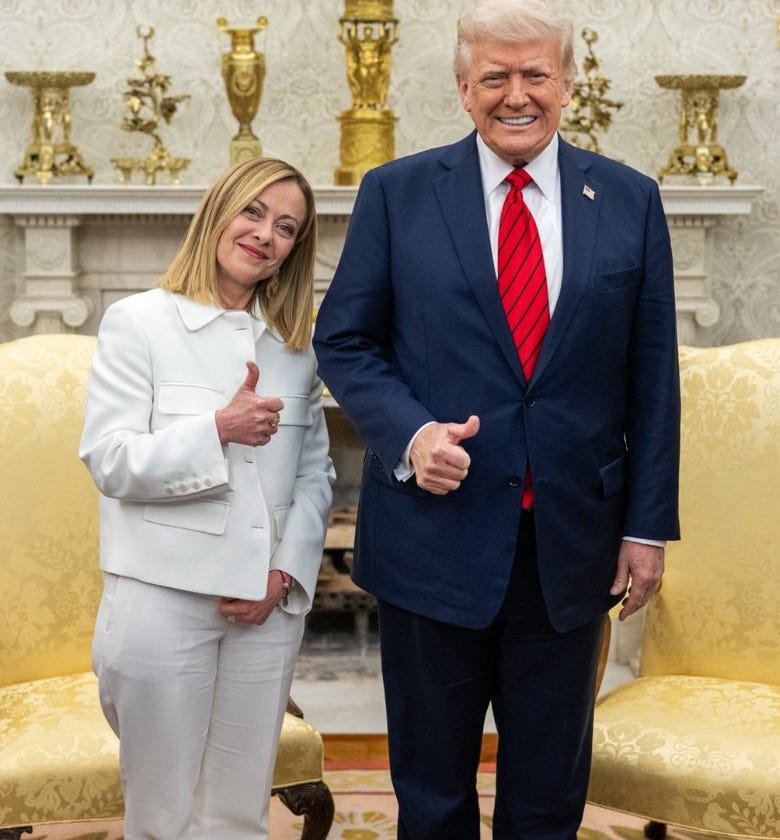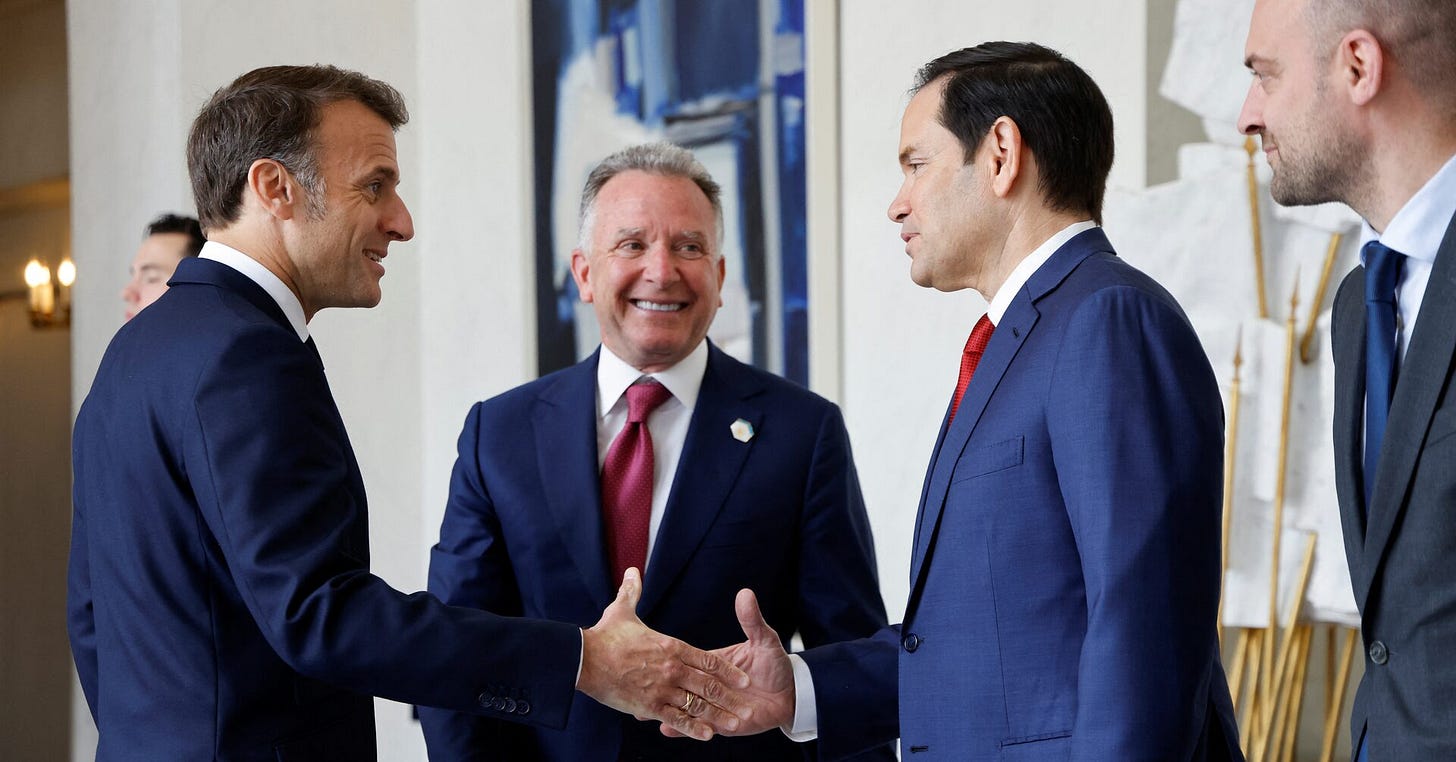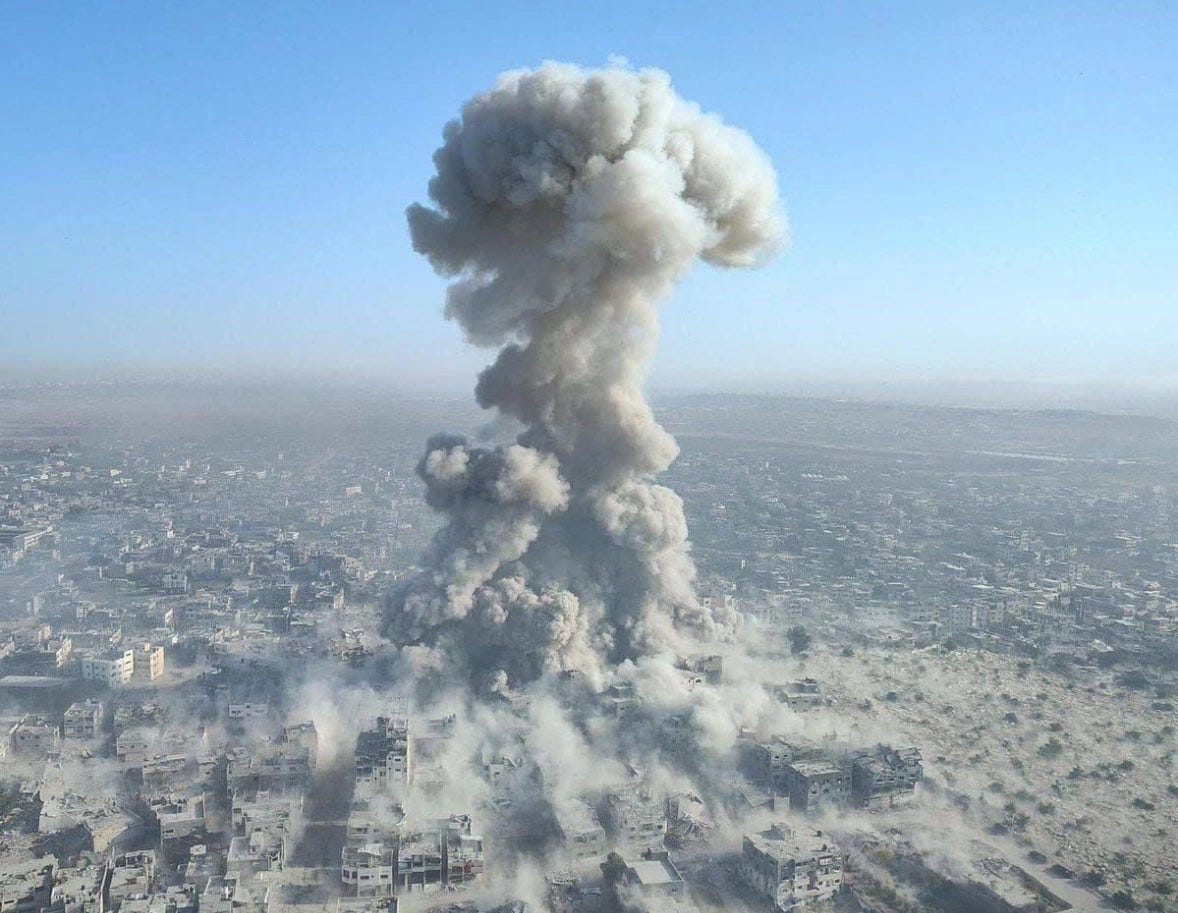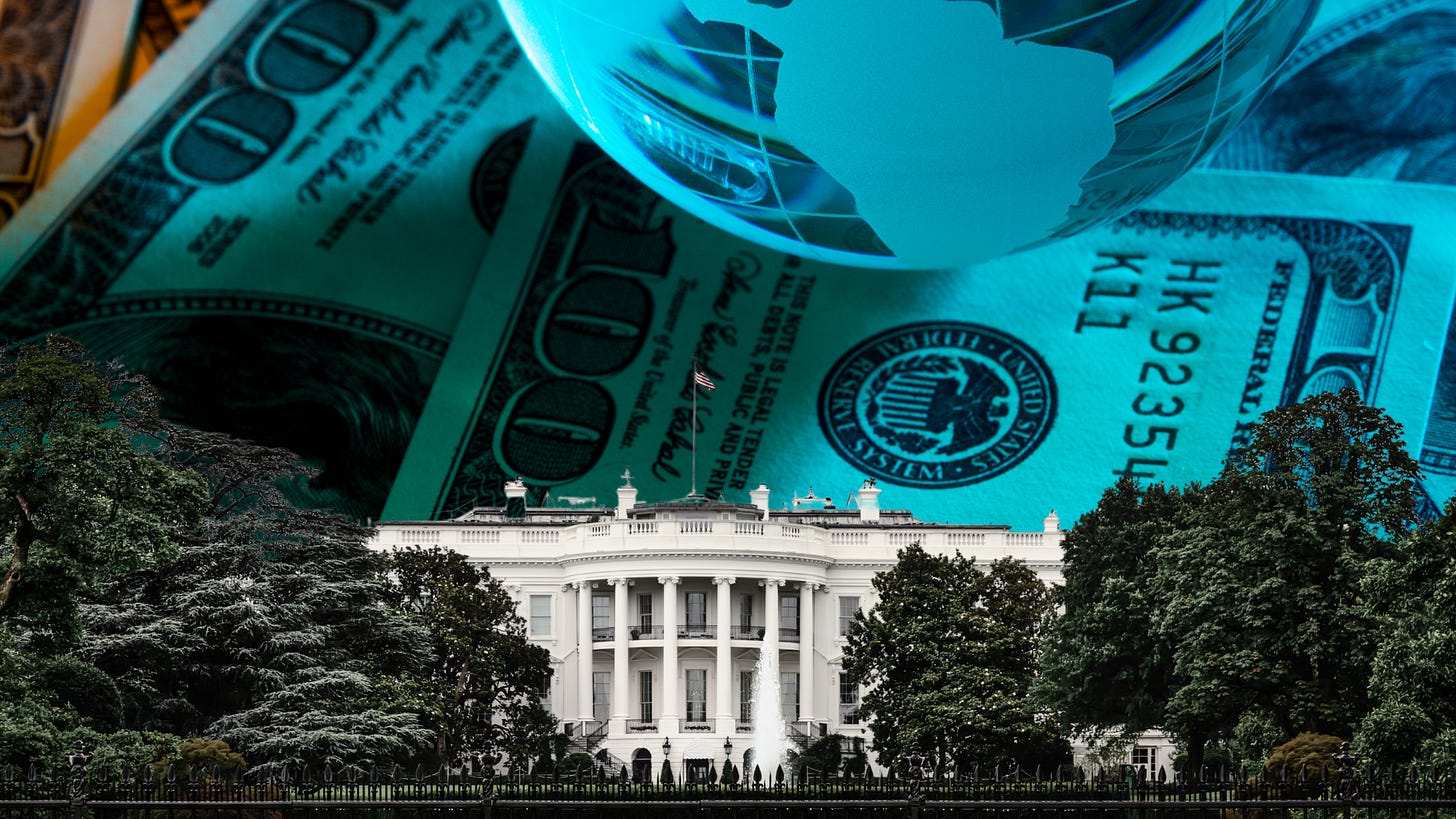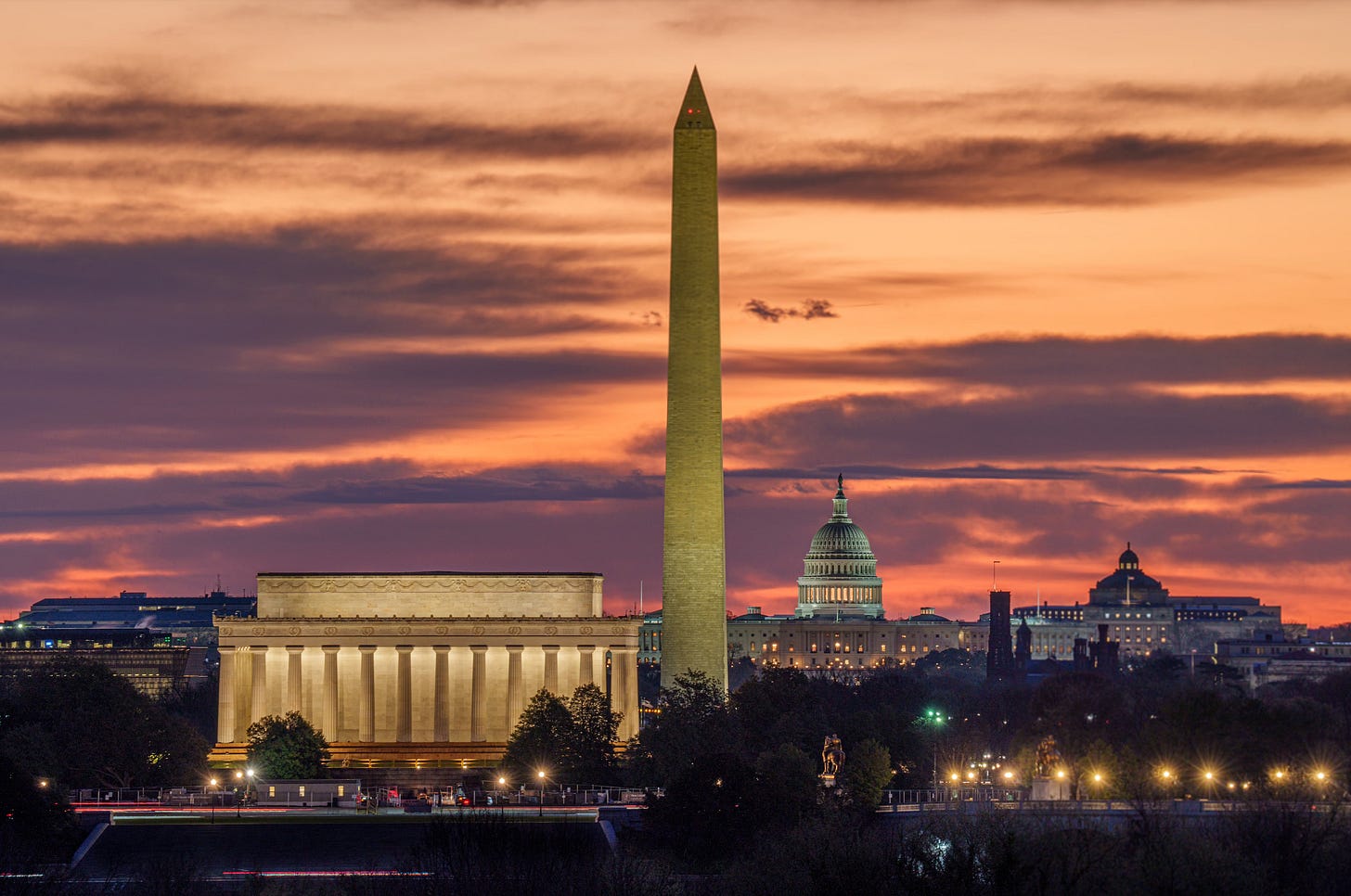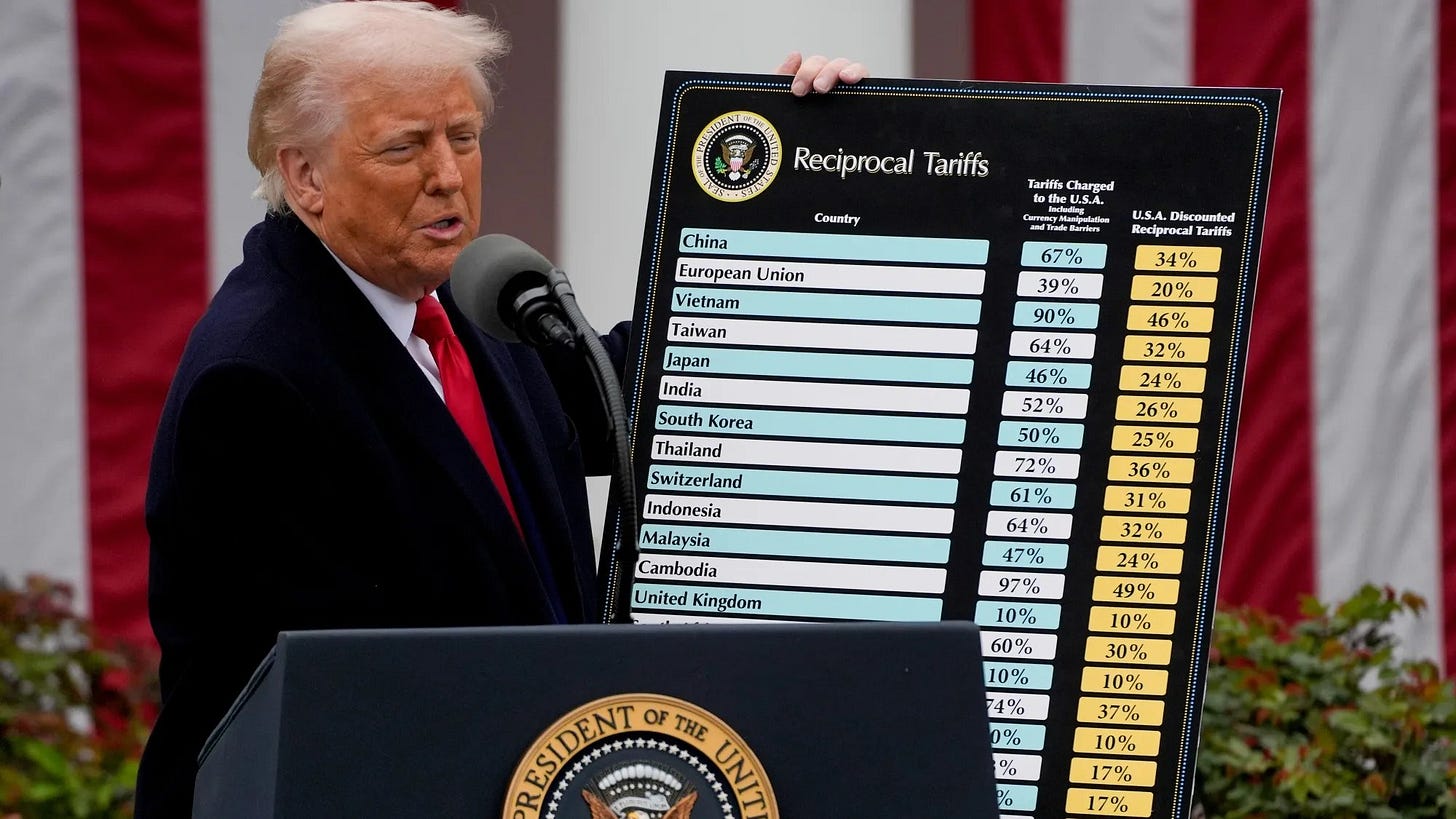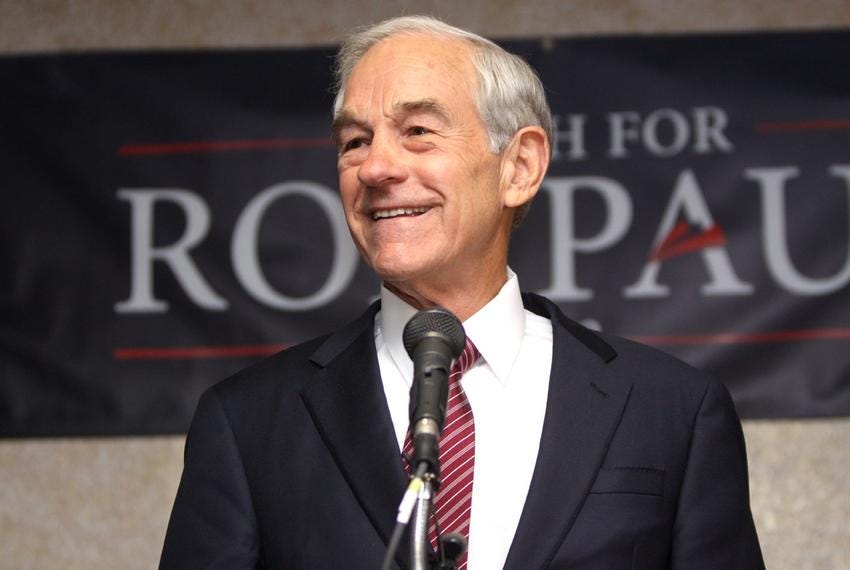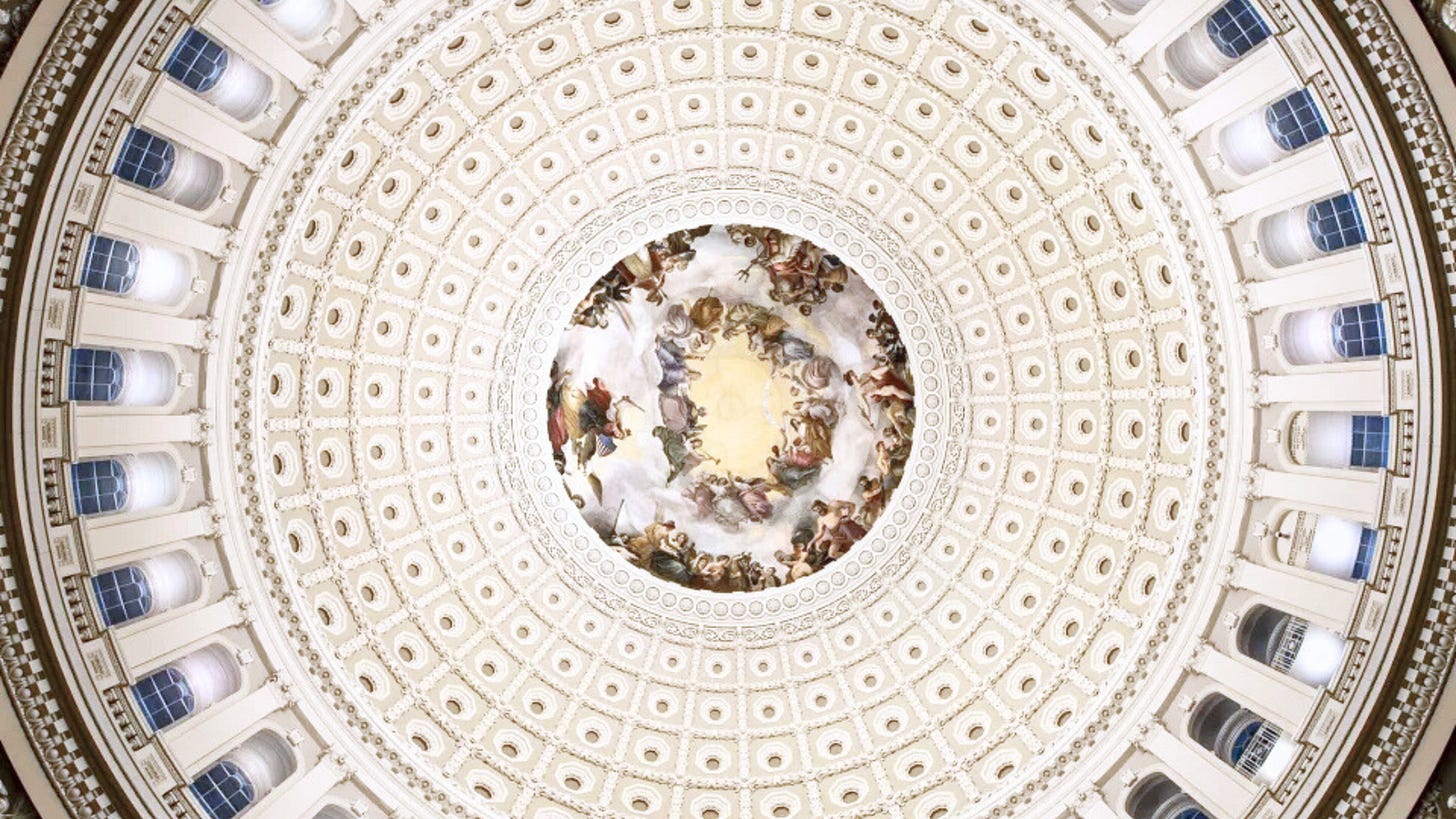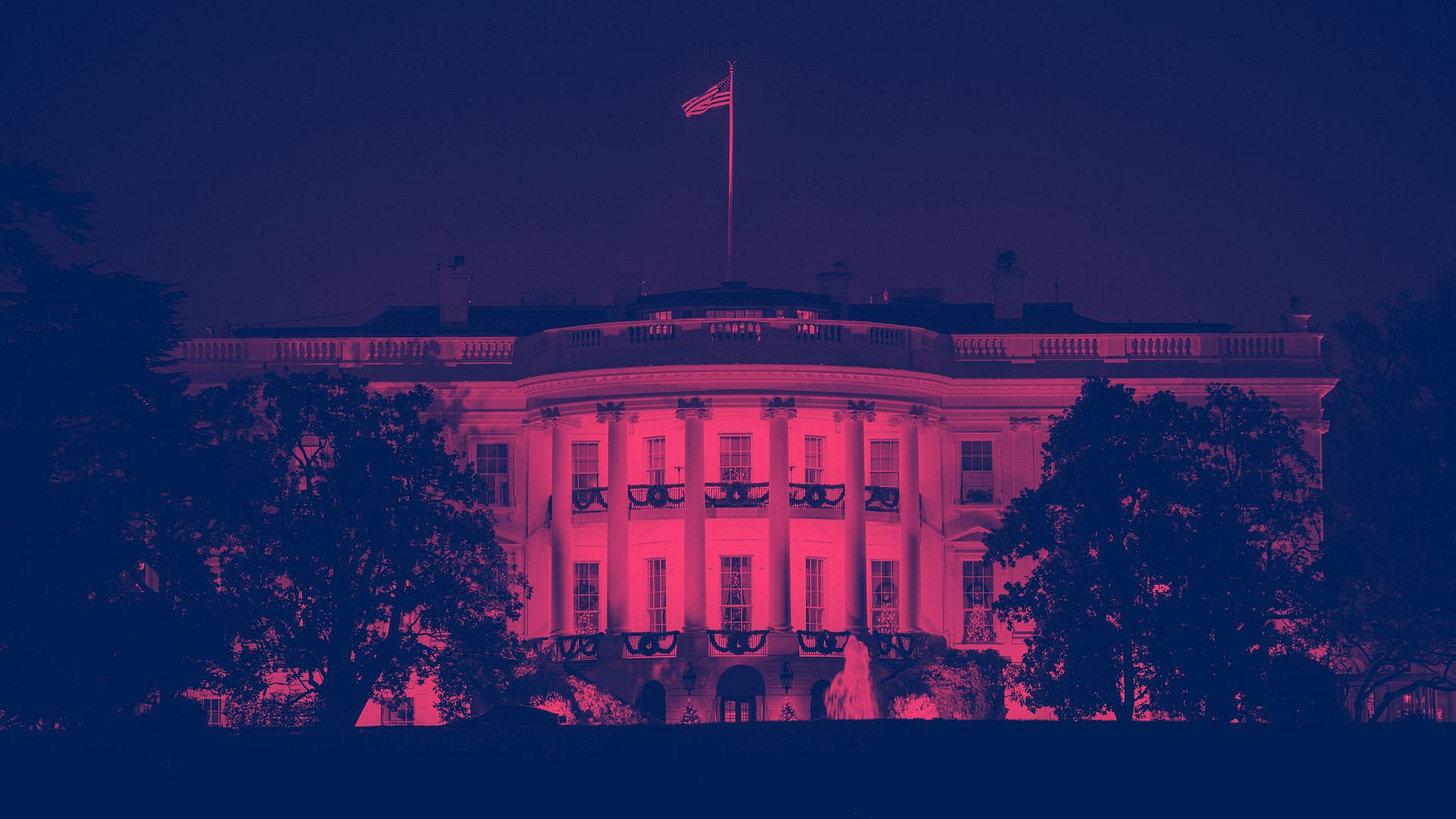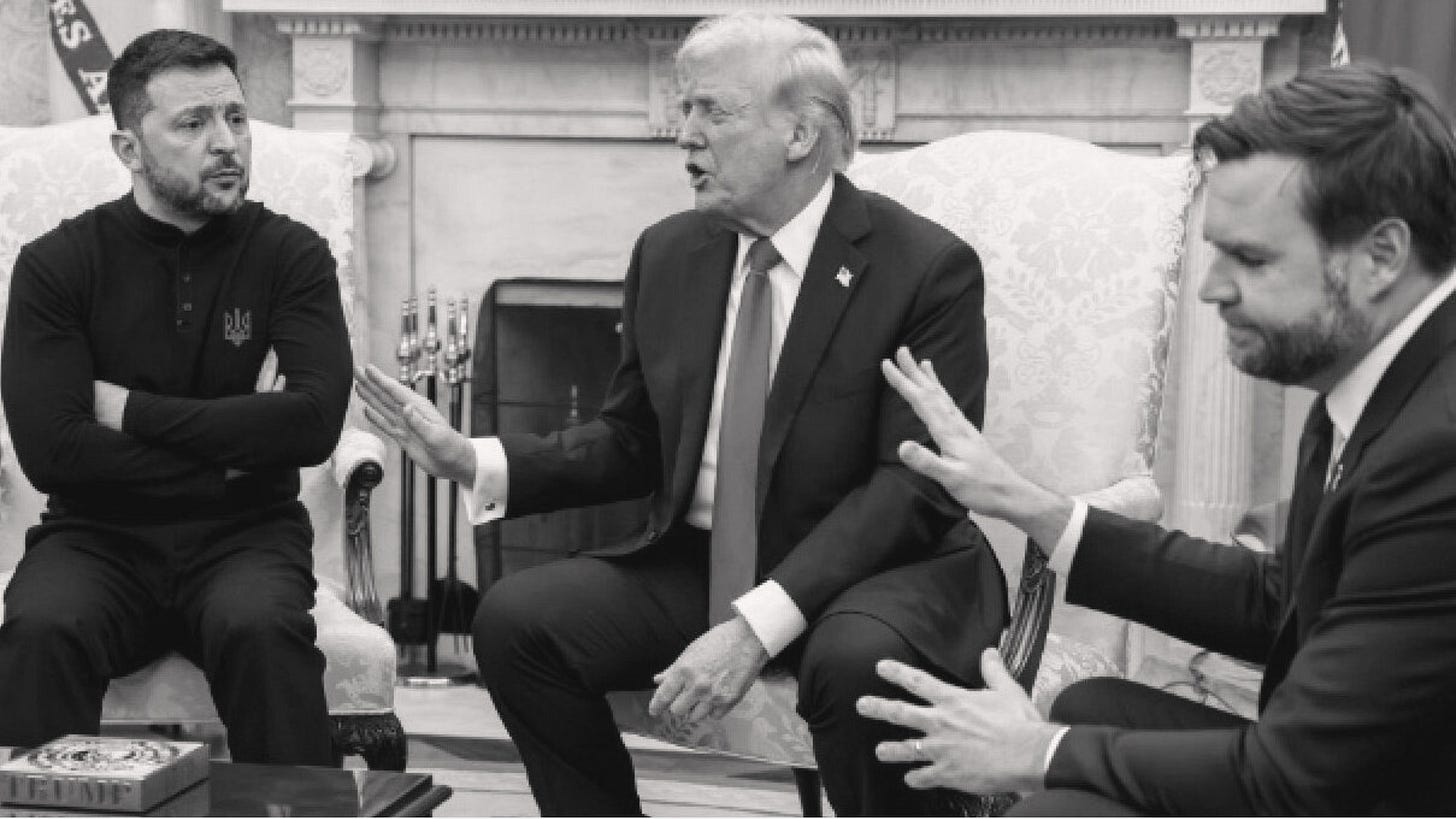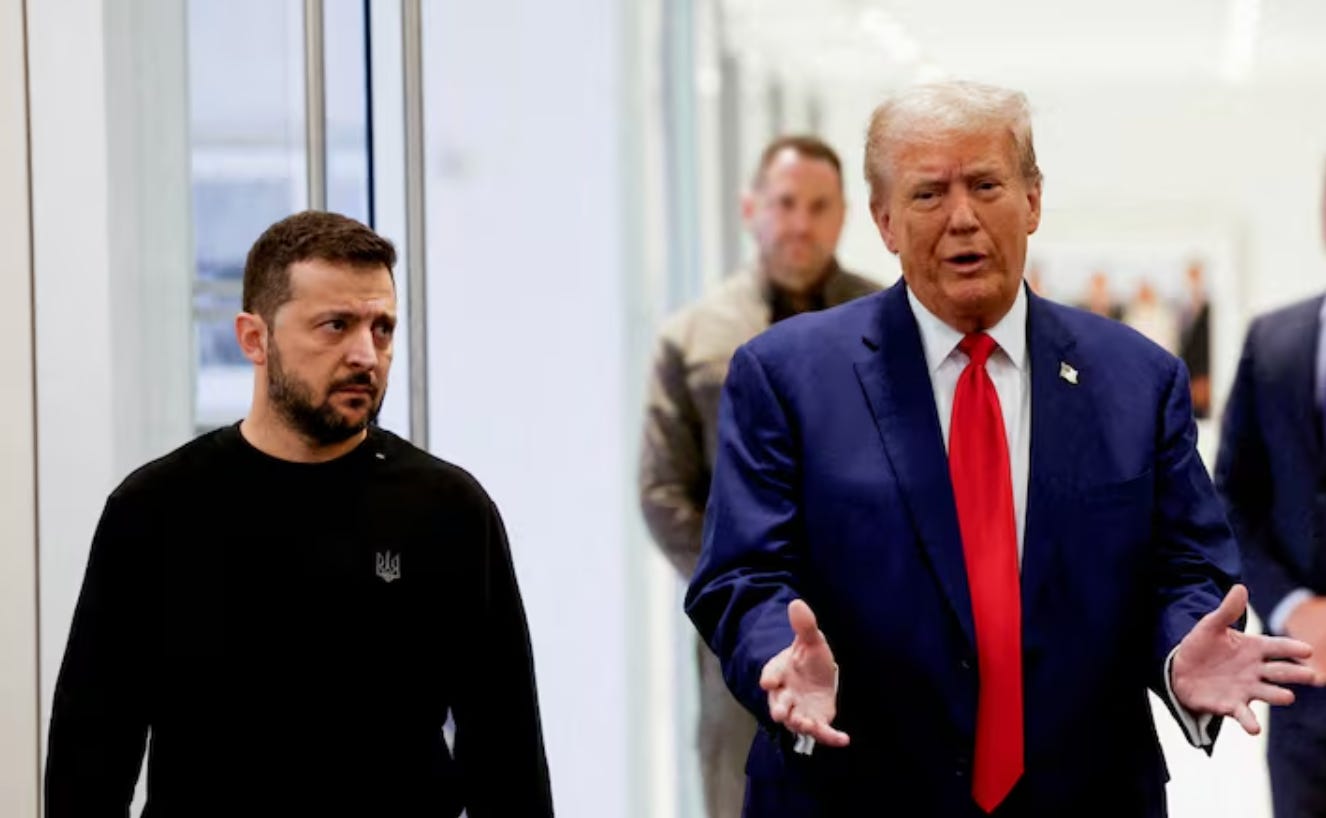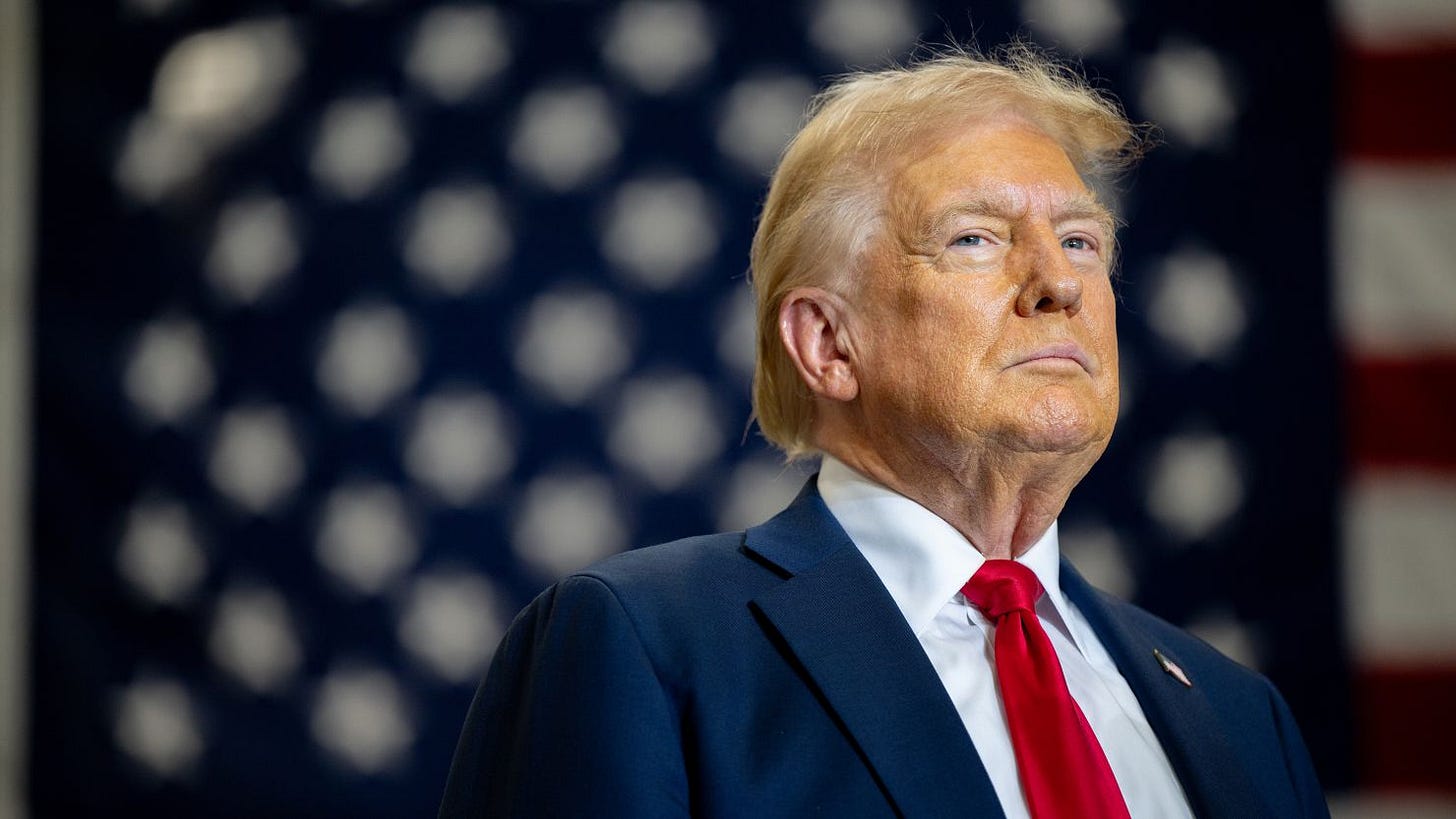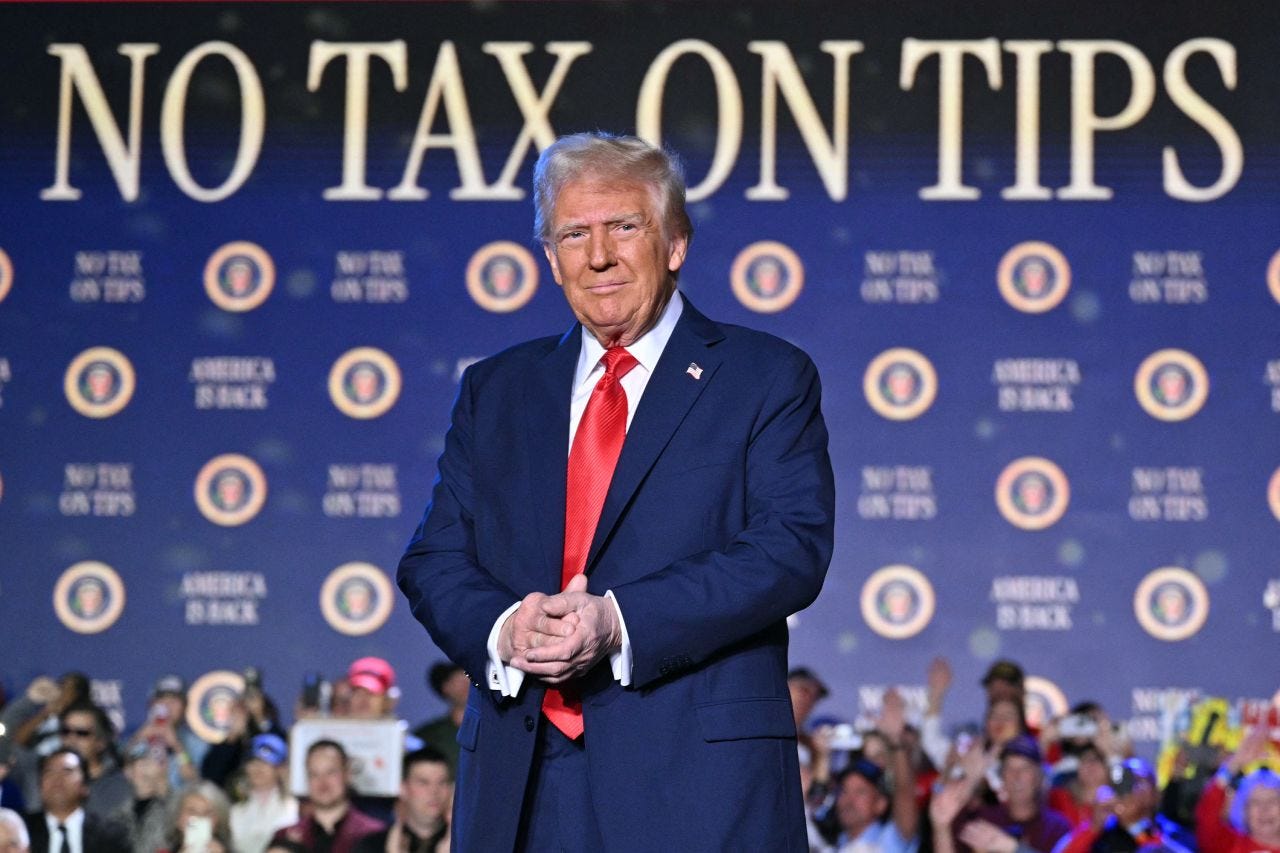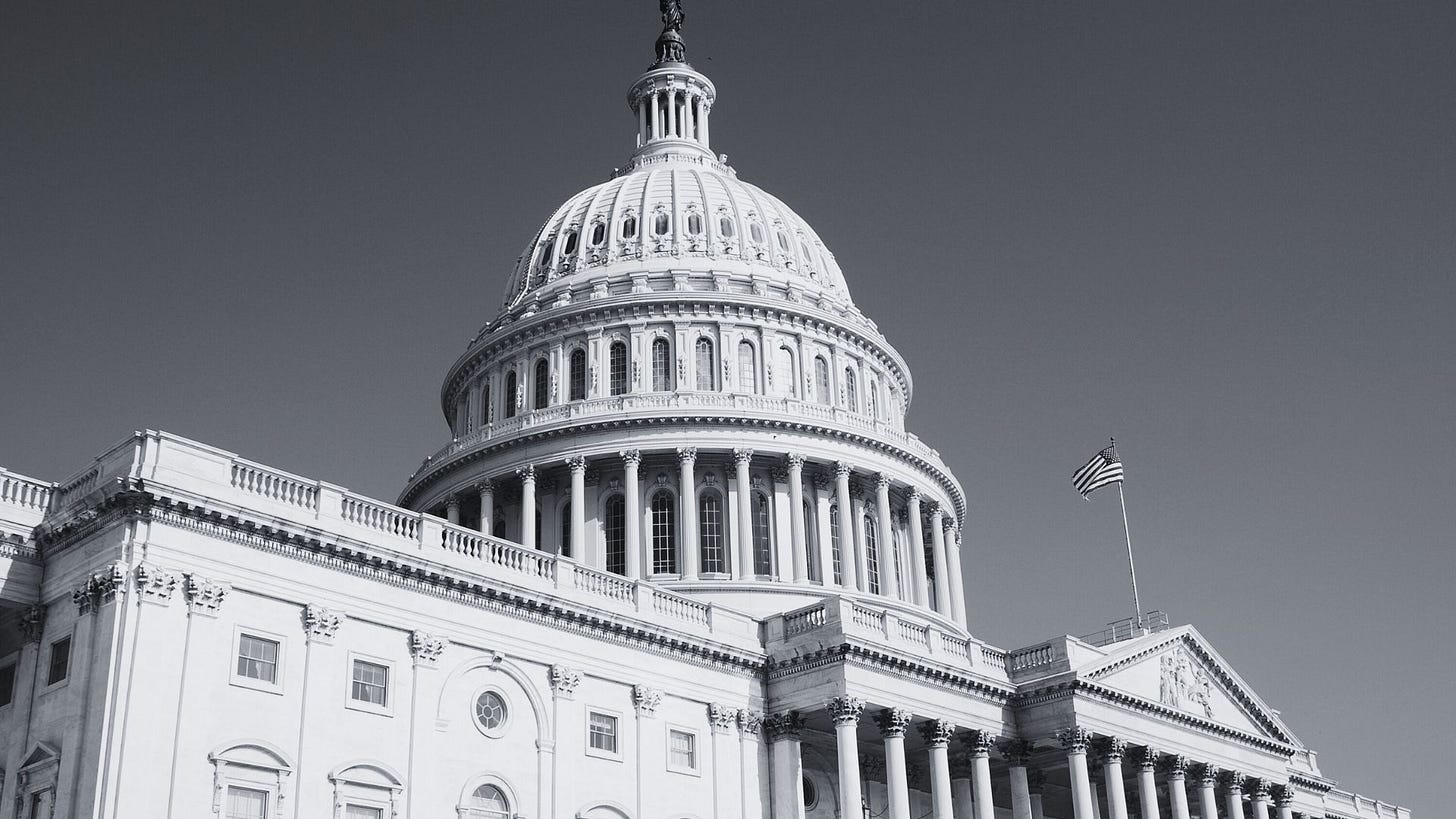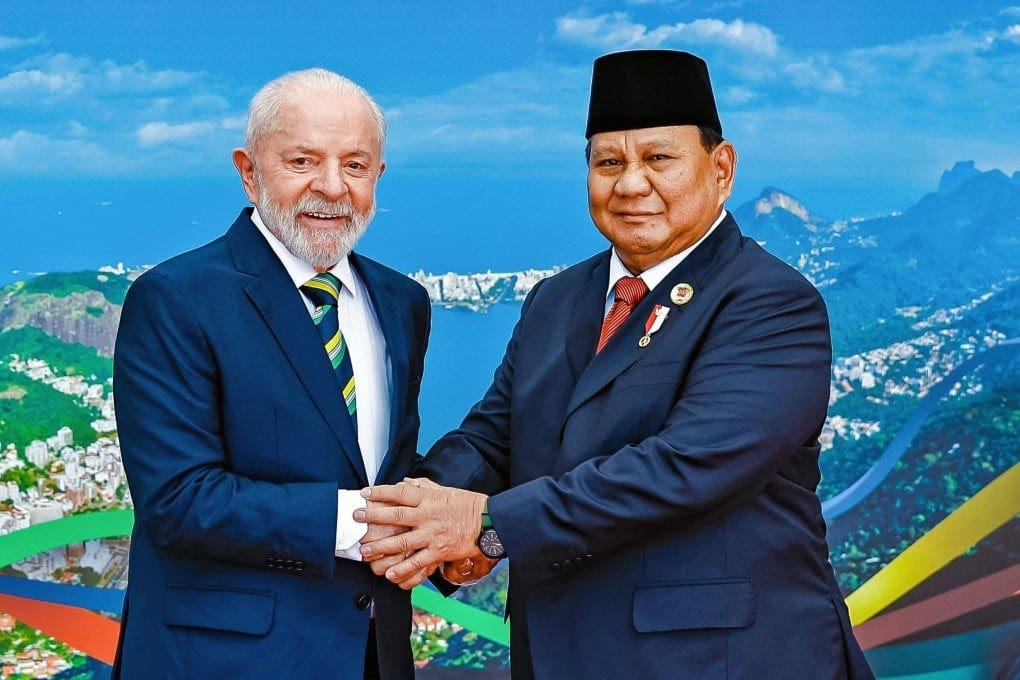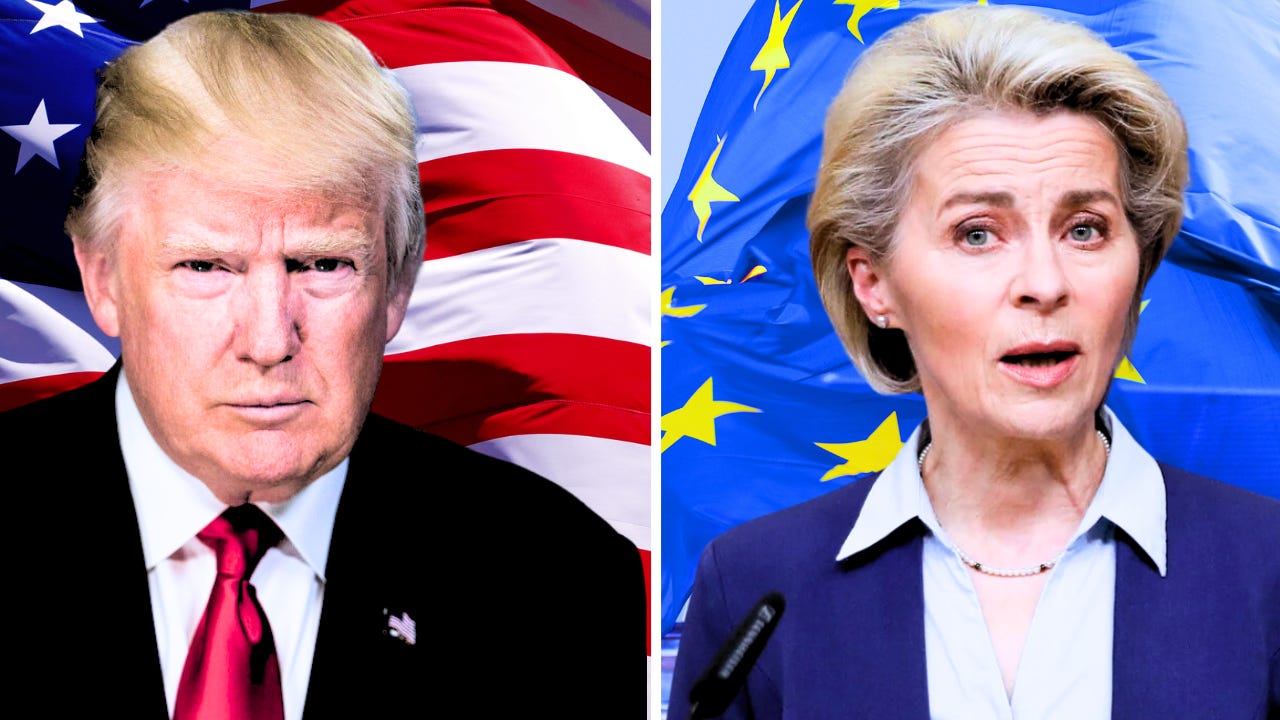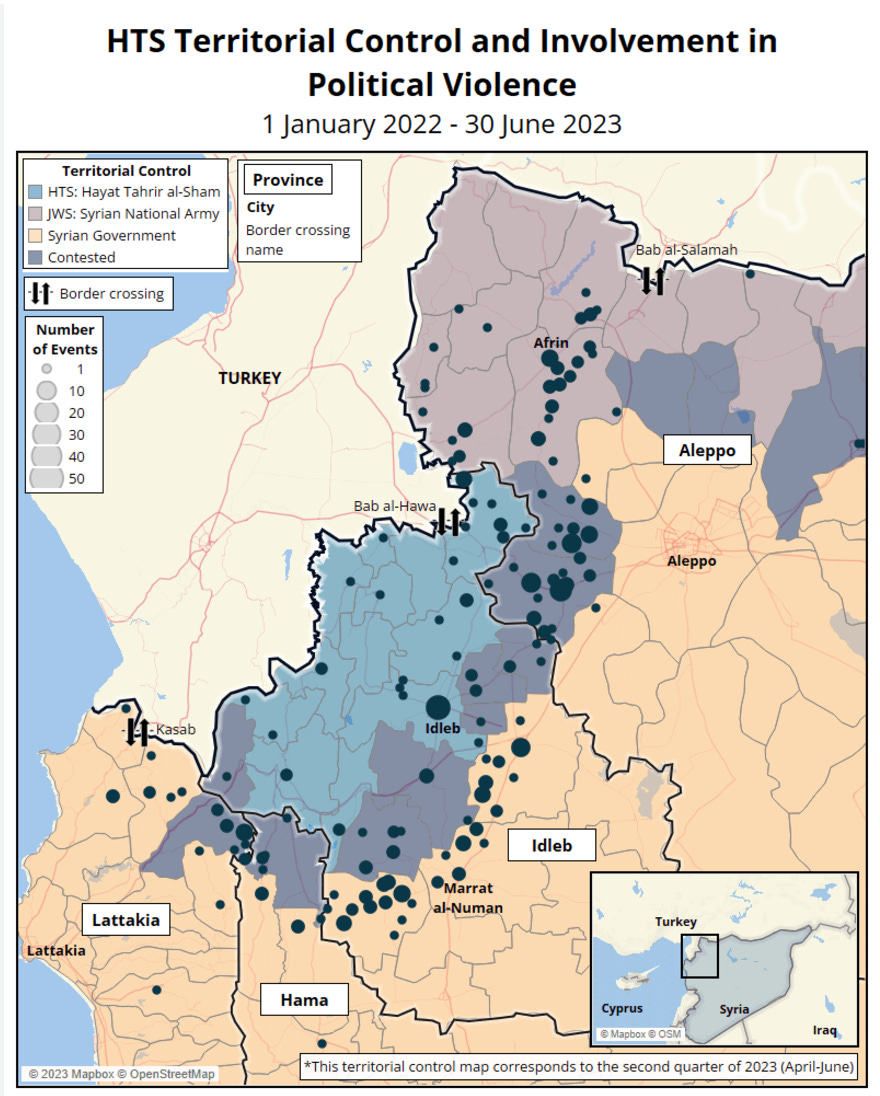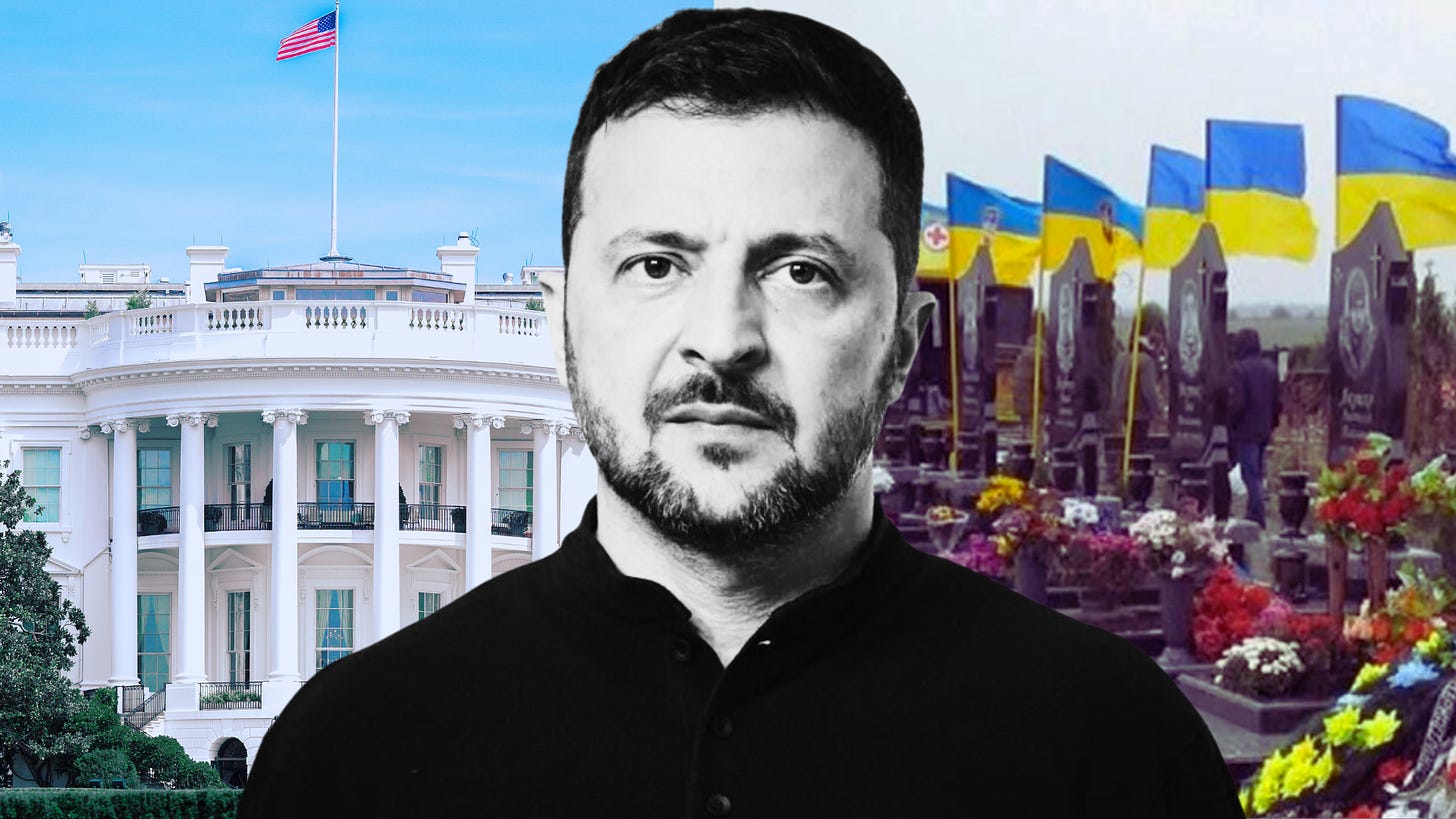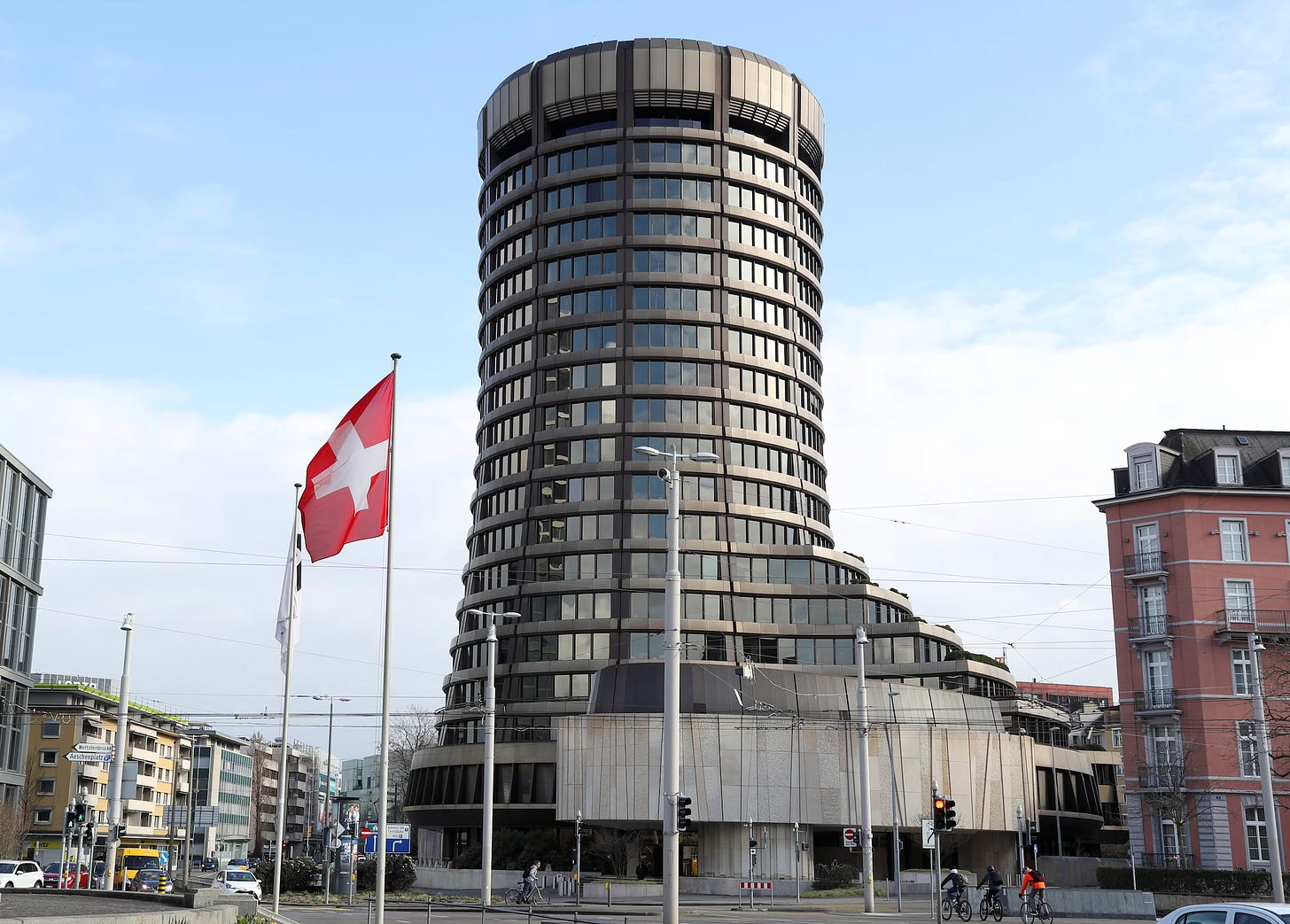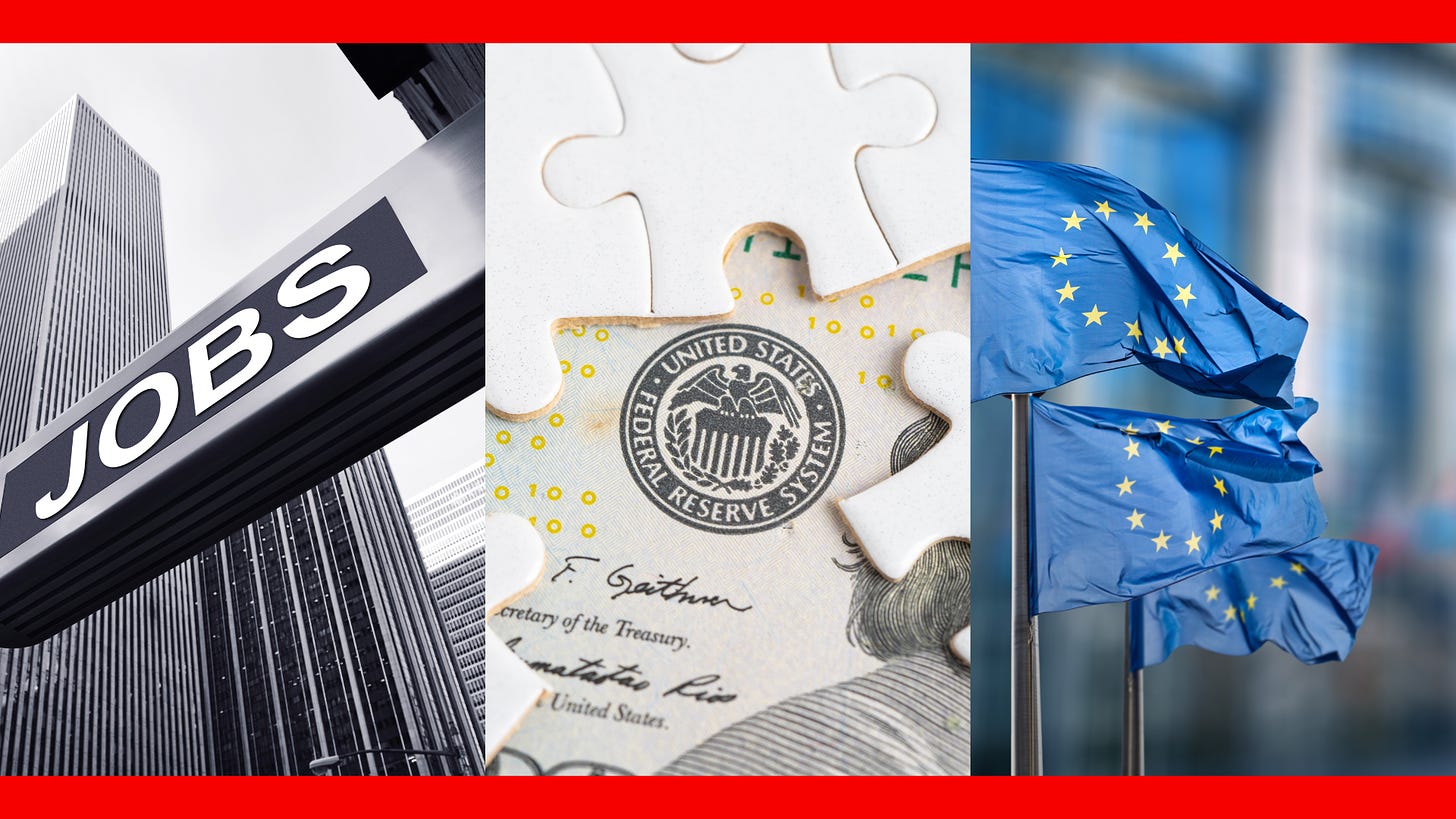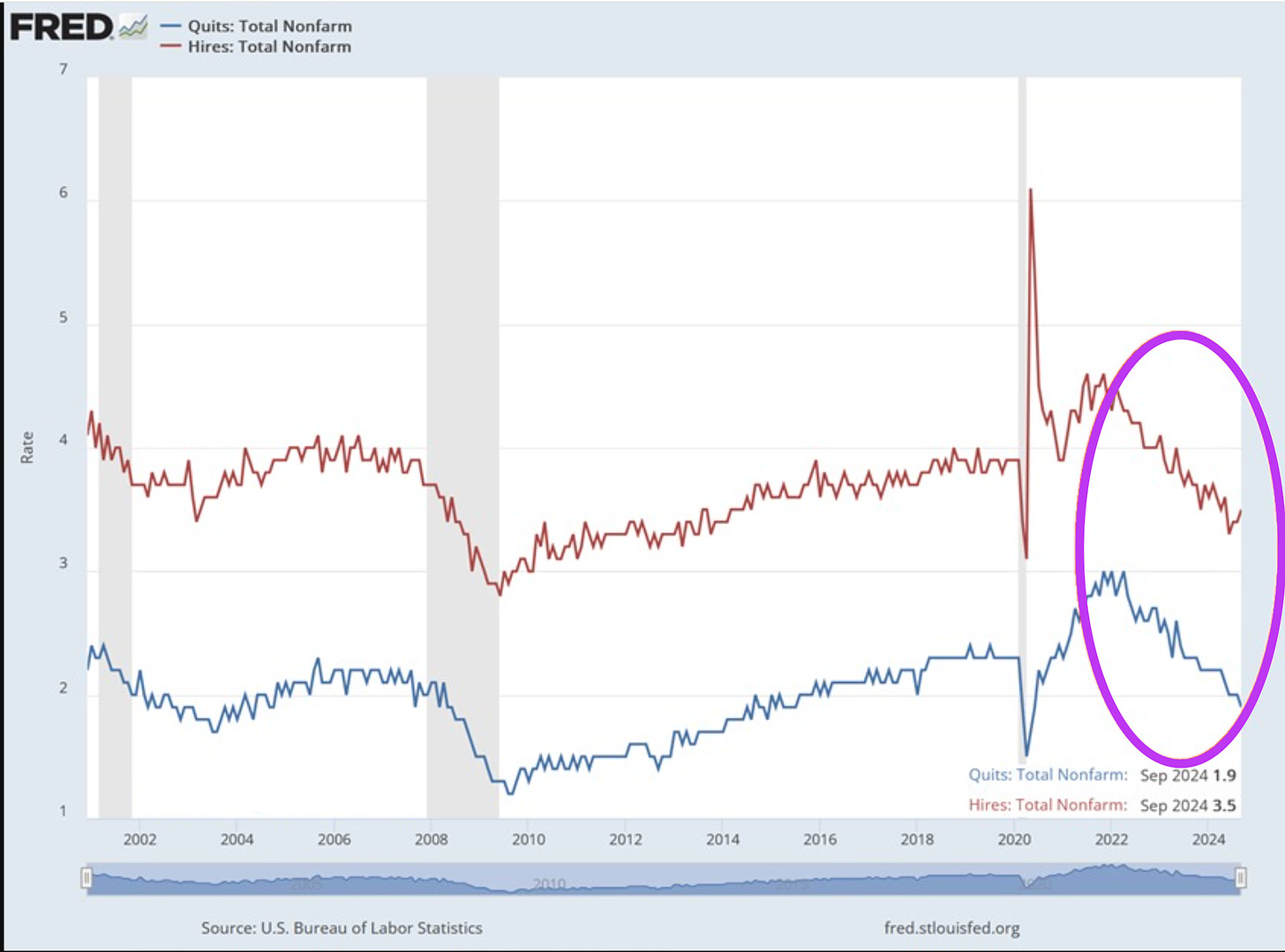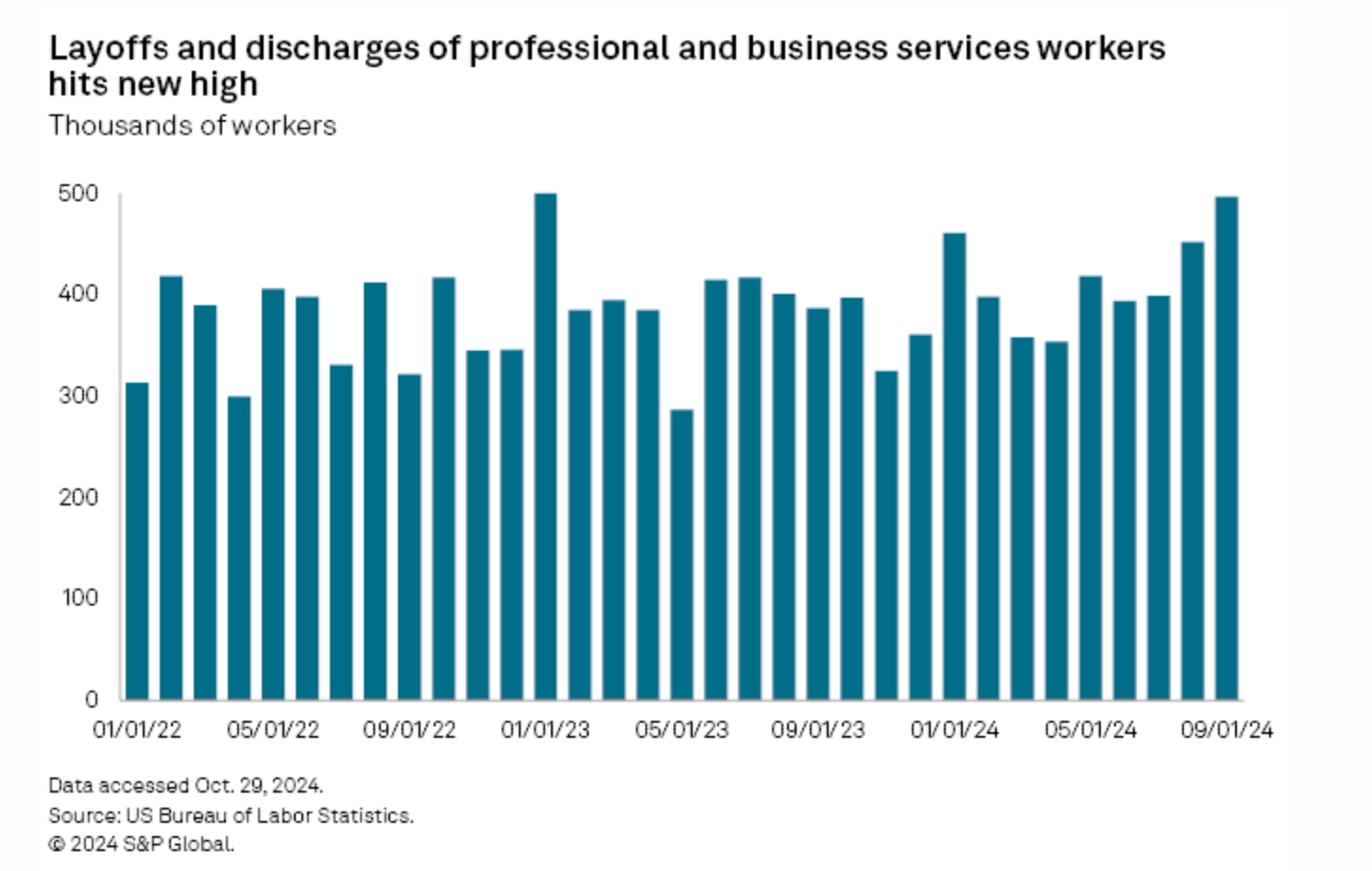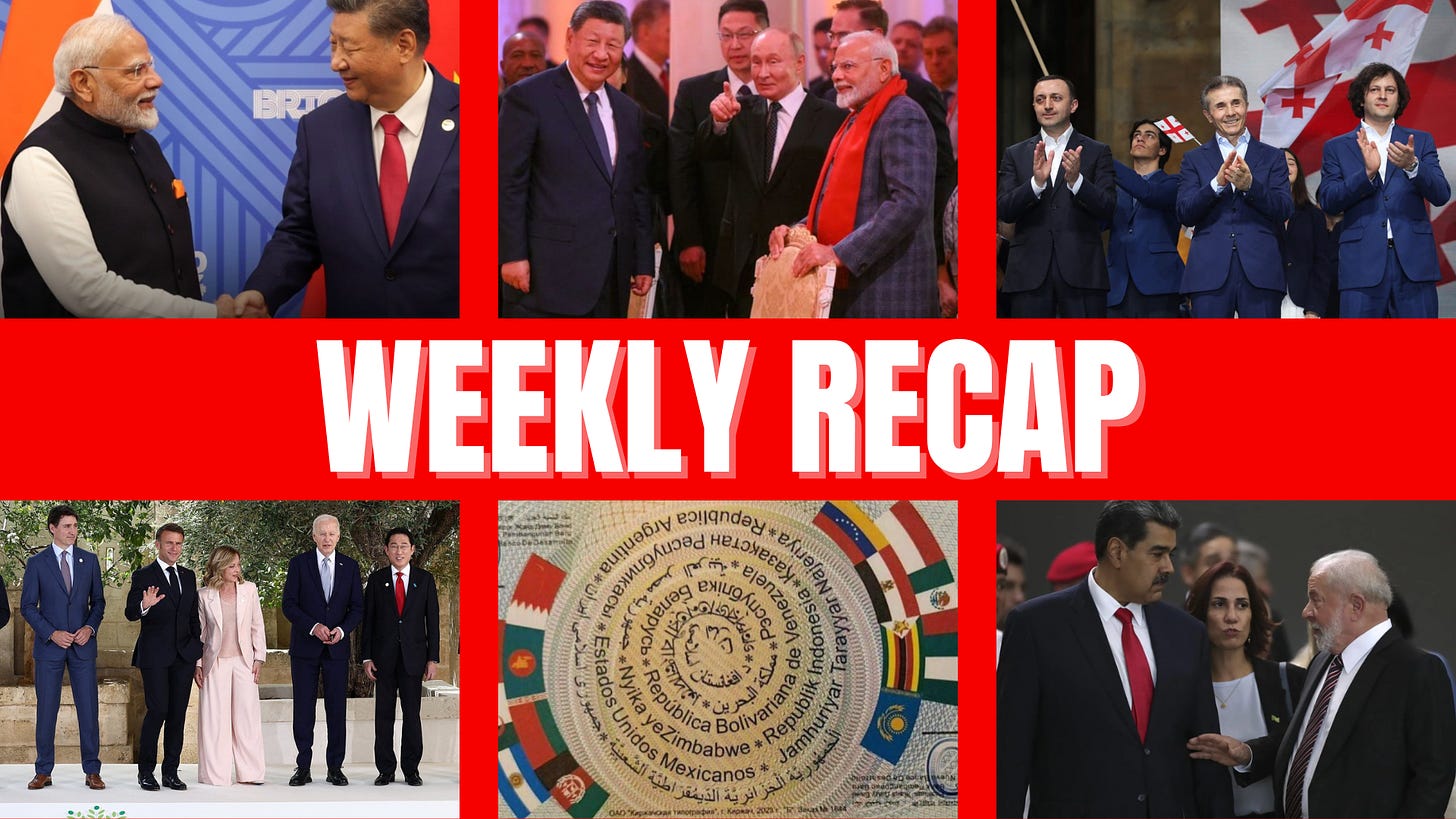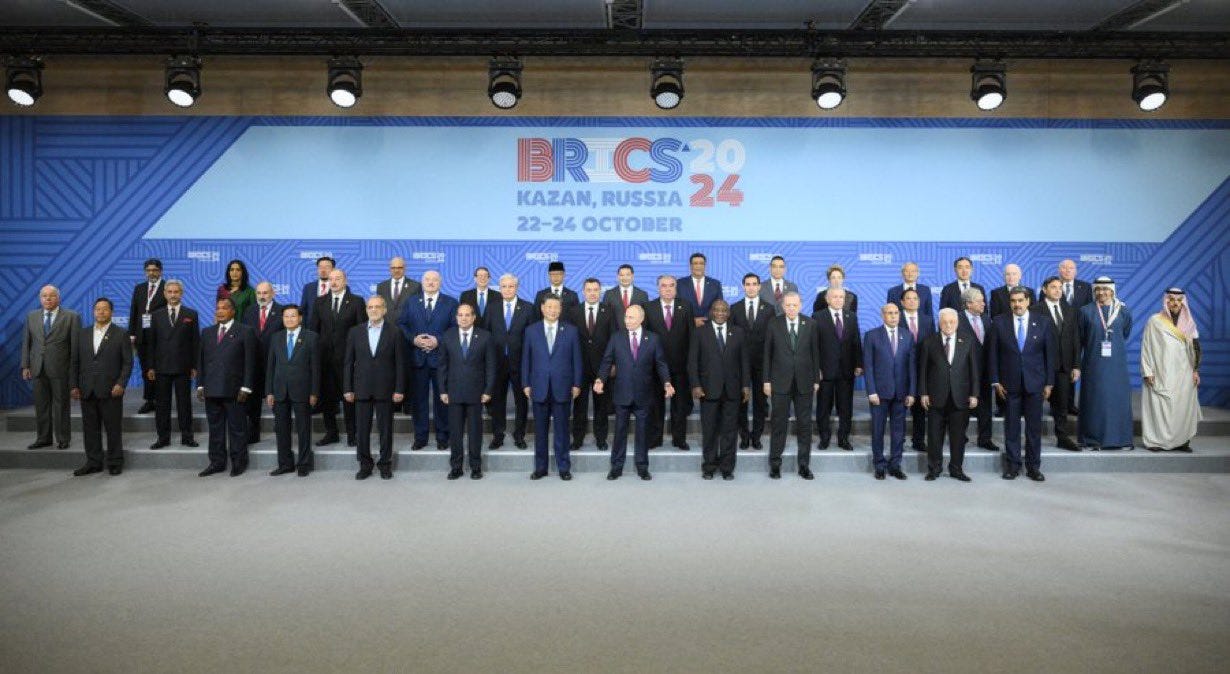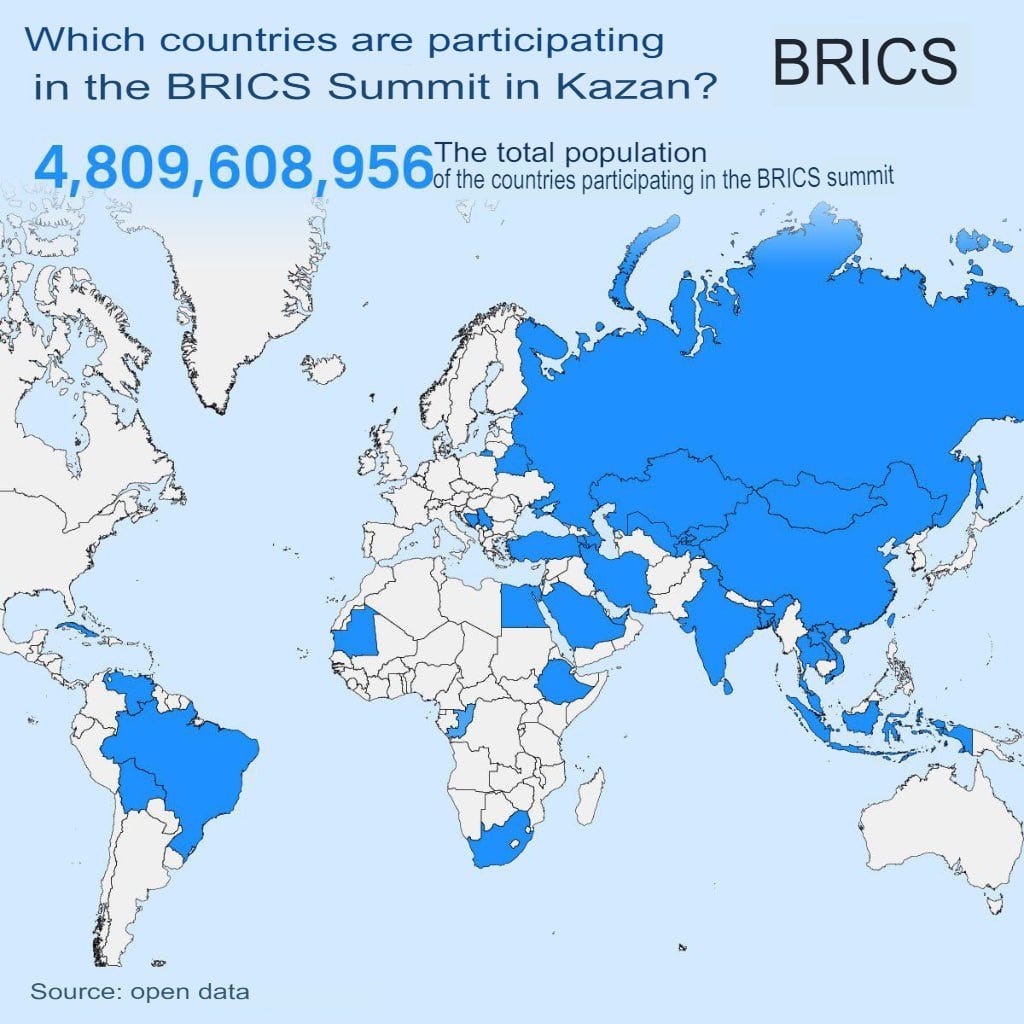Weekly Newsletter & Recommendations
World Affairs in Context is a reader-supported publication. To receive new posts and support my work, consider becoming a free or paid subscriber.
Greetings, All!
Let’s catch up on the latest top headlines, opinions, and recommendations.
The RISE of BRICS: The West Declines as a New World Order Is Emerging with Dr. Yaroslav Lissovolik
Yaroslav attended the BRICS+ Dilemmas of Humanity conference in São Paulo, Brazil, and joined me to discuss the main takeaways, which ranged from the Trump administration’s tariff war to South-South cooperation.
Yaroslav emphasized that President Trump’s tariffs are encouraging countries of the Global South to increase cooperation and establish joint commodity platforms, such as the BRICS+ Grains Exchange. With more than 30 countries expressing interest in joining the bloc, its expansion is a sign of the global shift in power driven by the economic and trade policies of the West.
MASSIVE Breakthrough: EU-China Sanctions Talks Reach Final Stage. What’s at Stake?
The EU is preparing to lift key trade barriers with China, signaling a possible reset in relations after years of sanctions and diplomatic freeze. Talks are in the final stages, with both sides aiming to ease tensions sparked by human rights disputes in 2021. This shift comes as the U.S. intensifies its stance against China, suggesting the EU may be pursuing a more independent trade strategy. With billions of dollars in trade at stake, upcoming diplomatic meetings could mark a turning point in EU-China relations, although the path forward remains uncertain.
US Economy is IMPLODING: Economic Collapse Has Begun as Foreign Investors Begin Dumping US Assets
U.S. economic warning signs are mounting. A record 8.94 million Americans now hold multiple jobs, inflation expectations are surging to 1980s levels, and foreign investors are rapidly pulling billions from U.S. markets. Meanwhile, corporate bankruptcies are rising sharply—188 major firms collapsed in Q1 2025 alone, the highest since 2010. Together, these indicators point to deepening economic strain, with fears of stagflation, slowing growth, and heightened volatility shaking both consumer and investor confidence.
Apple Plans to Shift iPhone Production to India: Amid escalating U.S.-China trade tensions, Apple reportedly plans to move iPhone production for the U.S. market from China to India, signaling a significant shift in global supply chains.
The US housing market is expected to slow further: The U.S. housing market is showing signs of a slowdown, with home price growth expected to drop significantly in 2025. After a 4.5% rise in Q1, growth is projected to slow to just 1.0% by Q4, marking the lowest quarterly rate in six years. Full-year growth is forecasted at 1.8%, the weakest since 2011, signaling a long-anticipated cooling of the market.
Stagflation alert: The NY Empire State Manufacturing Index dropped to -8.1 in April, with future business and new order outlooks hitting historic lows, not seen even during the 2008 crisis. At the same time, price expectations surged to their highest since 2022. The data signals growing fears of stagflation.
US consumer sentiment drops even lower: U.S. consumer sentiment plunged to 50.8 in April—the second-lowest on record—driven by worsening views on current conditions and future expectations. This marks a 4-month, 31% decline, bringing sentiment to crisis levels not seen since the early 1980s.
Global trade is slowing down: Global trade is slowing sharply, with the WTO now projecting a -0.2% decline in 2025, down from earlier growth forecasts. North America is expected to be hit the hardest, and potential U.S. tariffs could further exacerbate the decline to -1.5%. The outlook for 2026 has also been downgraded.
India–Pakistan Diplomatic Crisis: A terrorist attack in Kashmir has led to the suspension of the Indus Waters Treaty and the Shimla Agreement, with both countries expelling diplomats and engaging in border skirmishes.
Indian and Pakistani troops have exchanged fire, and all bilateral cooperation has ceased.
In response to escalating tensions following the Pahalgam attack, Iran proposed to mediate between India and Pakistan to de-escalate the situation and facilitate dialogue.
U.S.–Iran Nuclear Talks Resume: Iran FM says U.S. nuclear talks 'entering next stage' after meeting in Rome. Iranian foreign minister Abbas Araghchi said that the nuclear negotiations with the U.S. in Rome were constructive, adding that talks would now enter the “next stage”.
U.K. Hosts Energy Security Summit and Plans to Dim the Sun: An energy security summit in London focused on the importance of energy security to national security, with discussions on low-carbon energy, nuclear power, and critical mineral supply chains. In the next few days, Britain will begin geoengineering experiments to block sunlight from reaching the Earth.
US-Russia Peace Talks: US President Trump revealed the U.S. peace plan, as follows:
Ceasefire now
Russia and Ukraine must engage in direct talks
Kiev drops NATO ambitions, could pursue membership in the EU
The US recognizes Crimea as Russian territory
Ukraine signs mineral deal
The US lifts all anti-Russia sanctions imposed after 2014
US-Russia energy cooperation
Zelensky indicated that Ukraine refuses to negotiate on the status of Crimea (which was transferred to Russia without a single shot fired in 2014.)
On April 25, US Envoy Steve Witcoff met with Russian President Vladimir Putin in Moscow. This is the fourth meeting between the two sides and the second one in a span of two weeks. Presidential aide Yuri Ushakov described the 3-hour meeting as “constructive and valuable”. President Trump expressed frustration with Zelensky not wanting to sign the minerals deal and in a post on Truth Social, commented that Russia and Ukraine should negotiate directly to “finish it off”:
On Saturday, April 26, over a quarter of a million people gathered in St. Peter’s Square to bid their final farewell to Pope Francis at his Requiem Mass. The Pope's final resting place is the Basilica of St. Mary Major in central Rome.
According to Vatican News, just before the Pope's funeral, the Presidents of Ukraine and the United States met for a "very productive" discussion on the ongoing war in Ukraine.
Remember to tune in to World Affairs in Context for more news, analysis, and upcoming interviews available on YouTube, Rumble, Patreon, Locals, and now Spotify.
Thank you to all my subscribers for being part of World Affairs in Context. Your support makes the newsletter happen, and your questions, ideas, and suggestions inspire it. Please consider becoming a paid subscriber, which will help contribute to the resources needed to produce more content on the platform. If you’d like to make a one-time contribution, please do so via PayPal or Buy Me a Coffee.
Share the newsletter with a friend!




